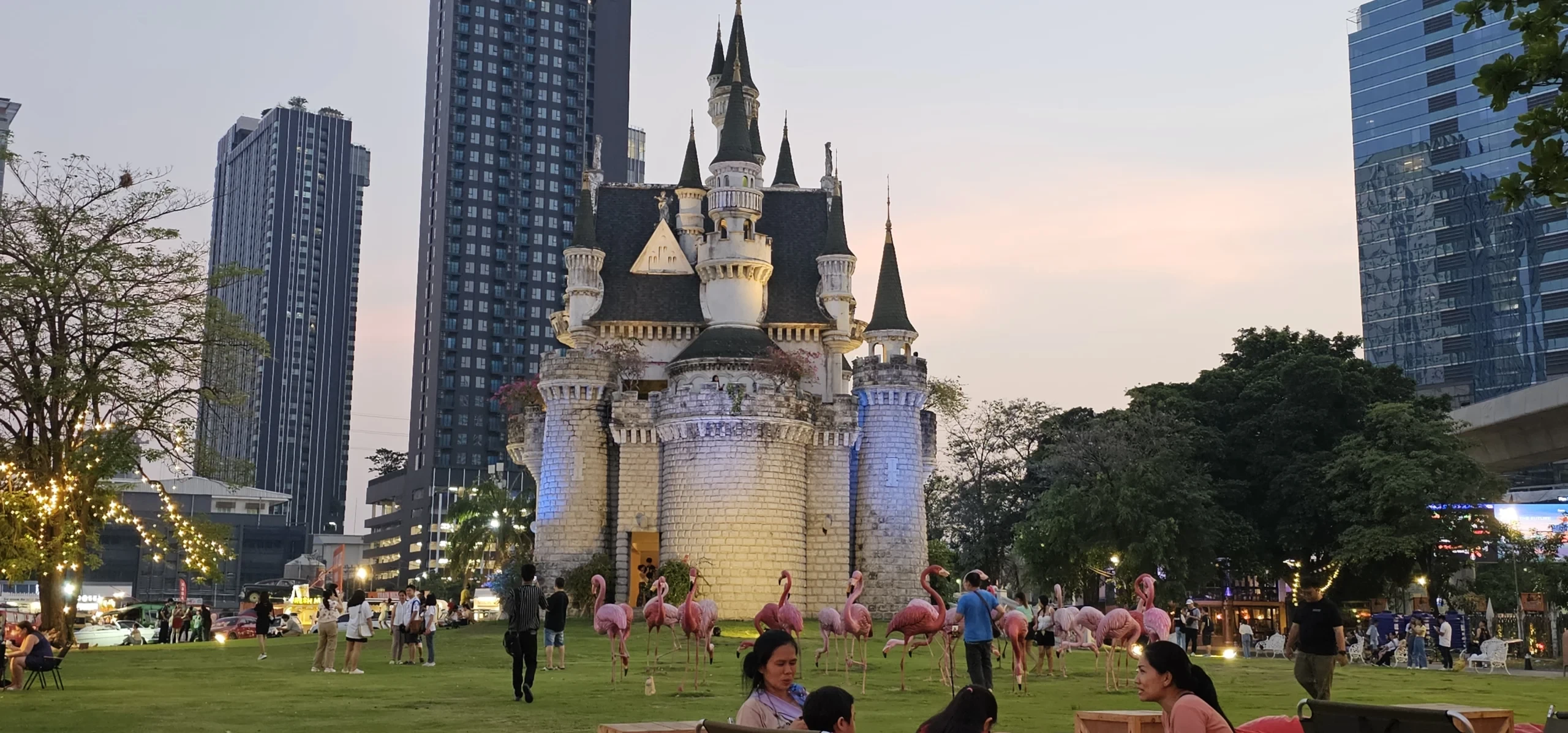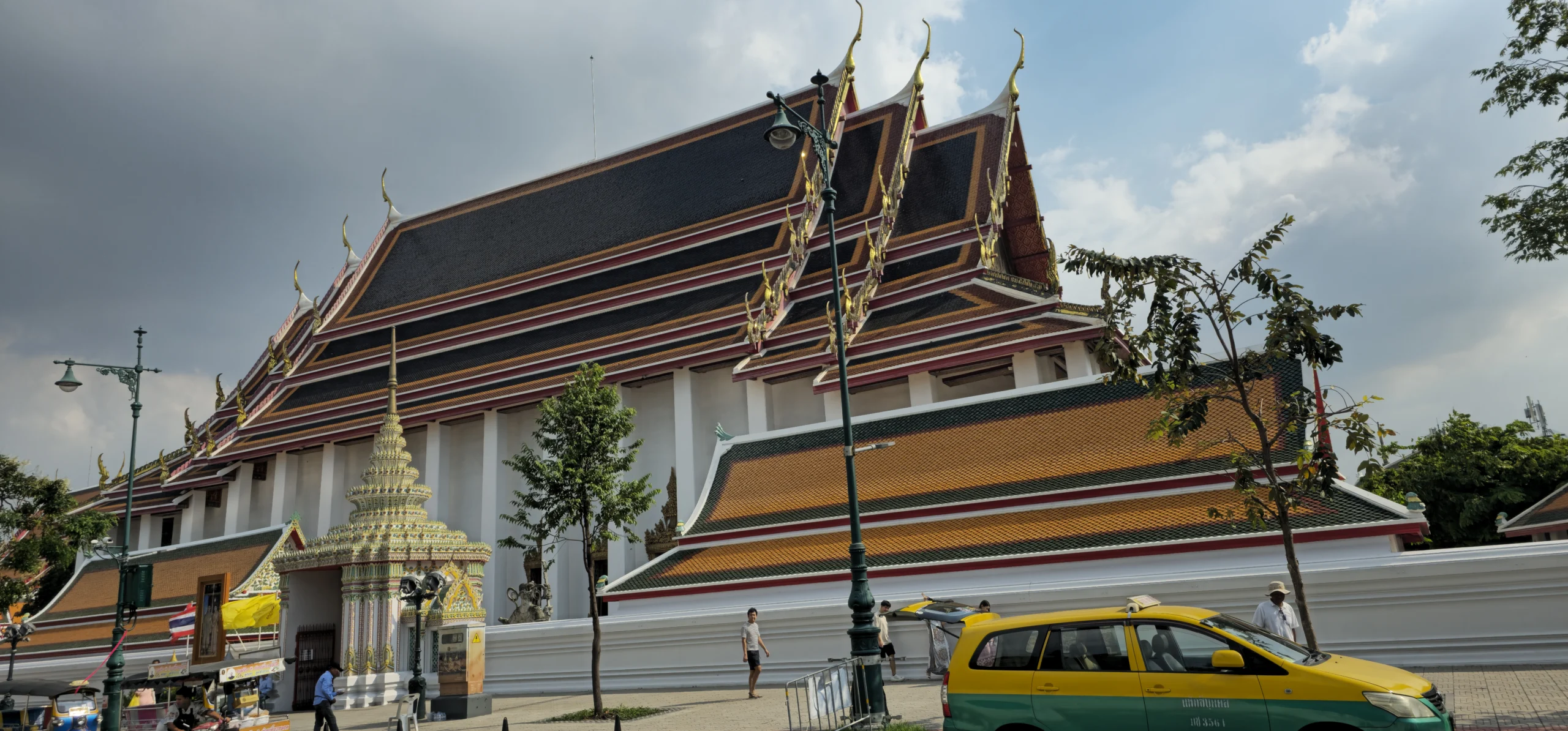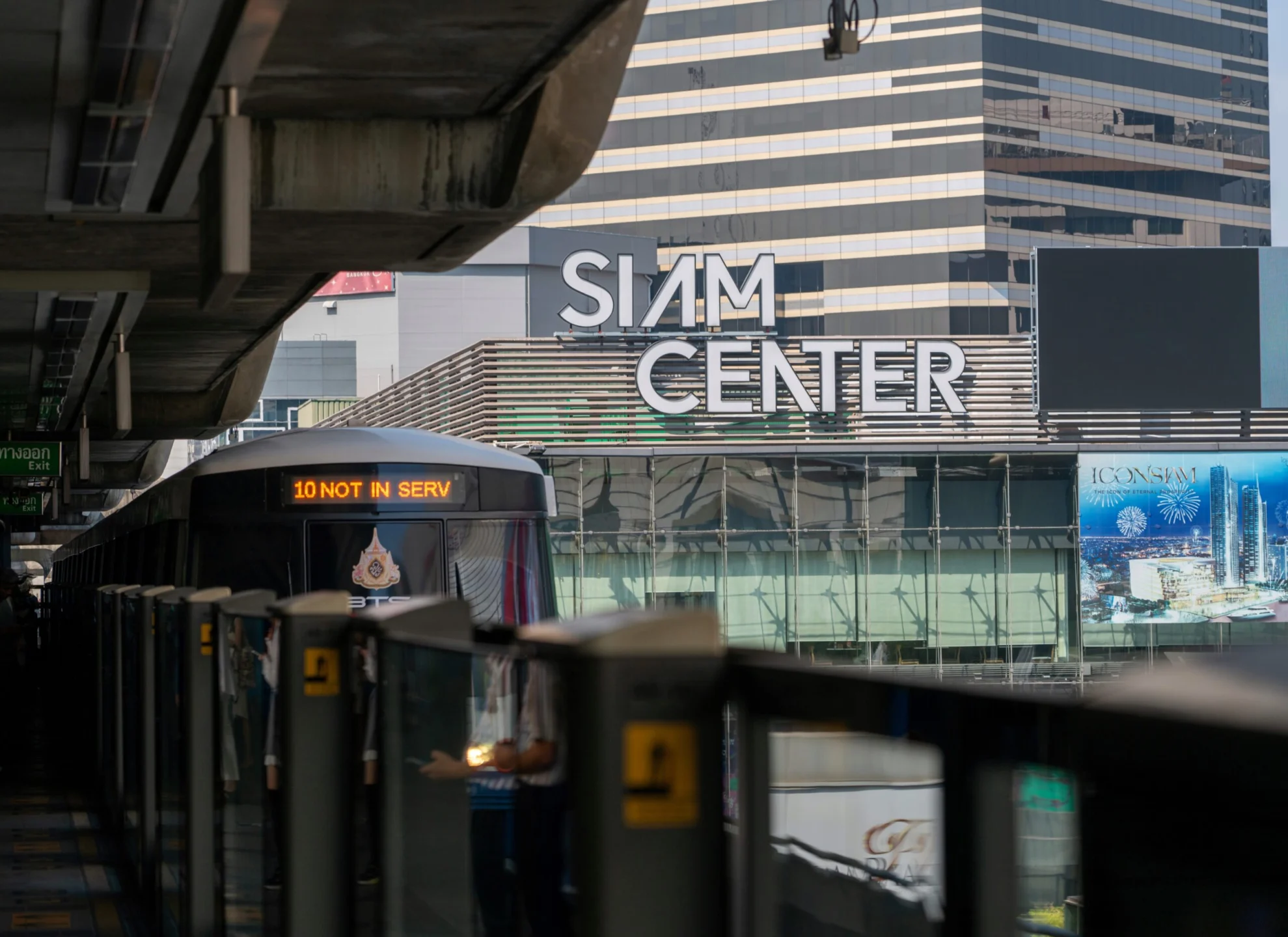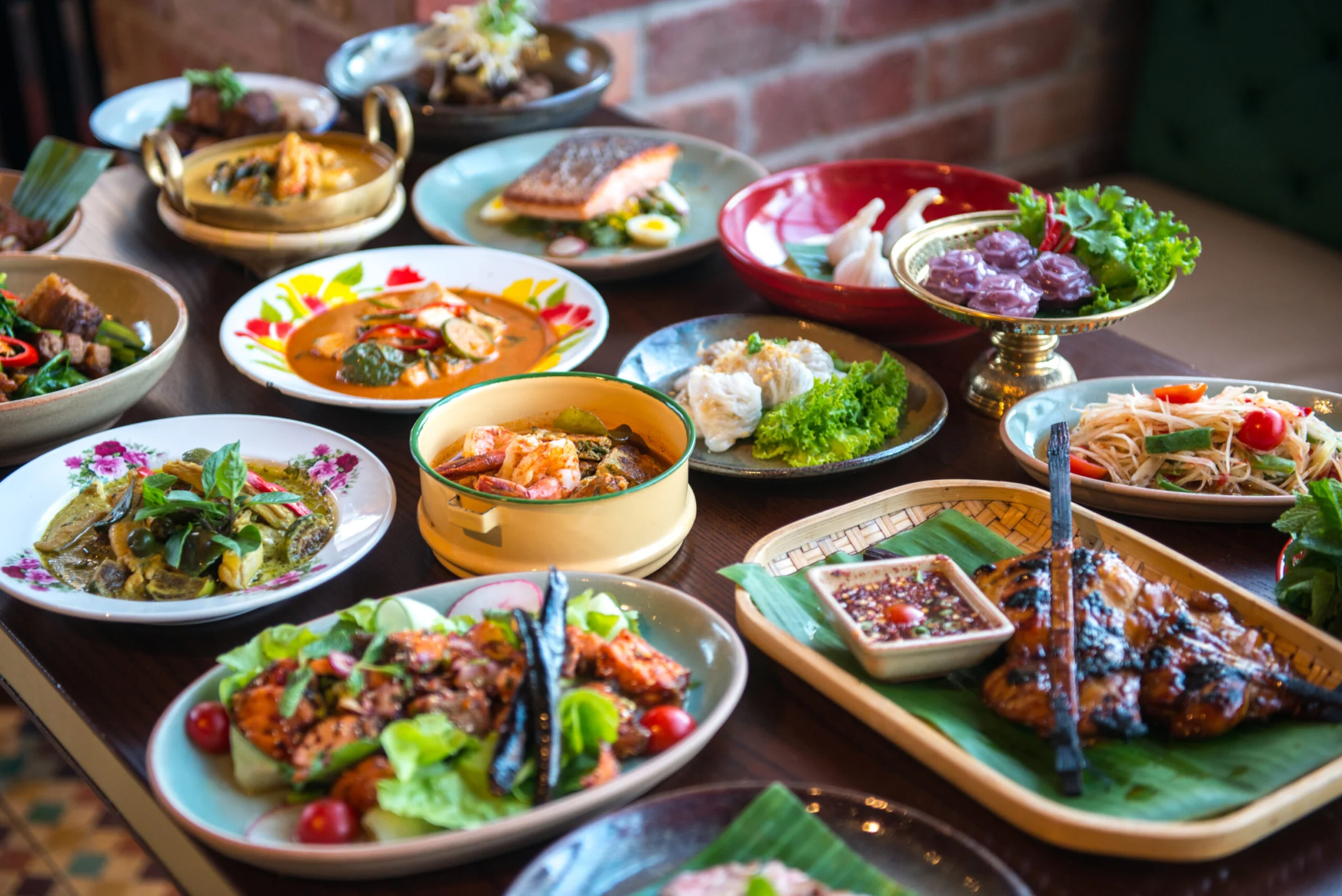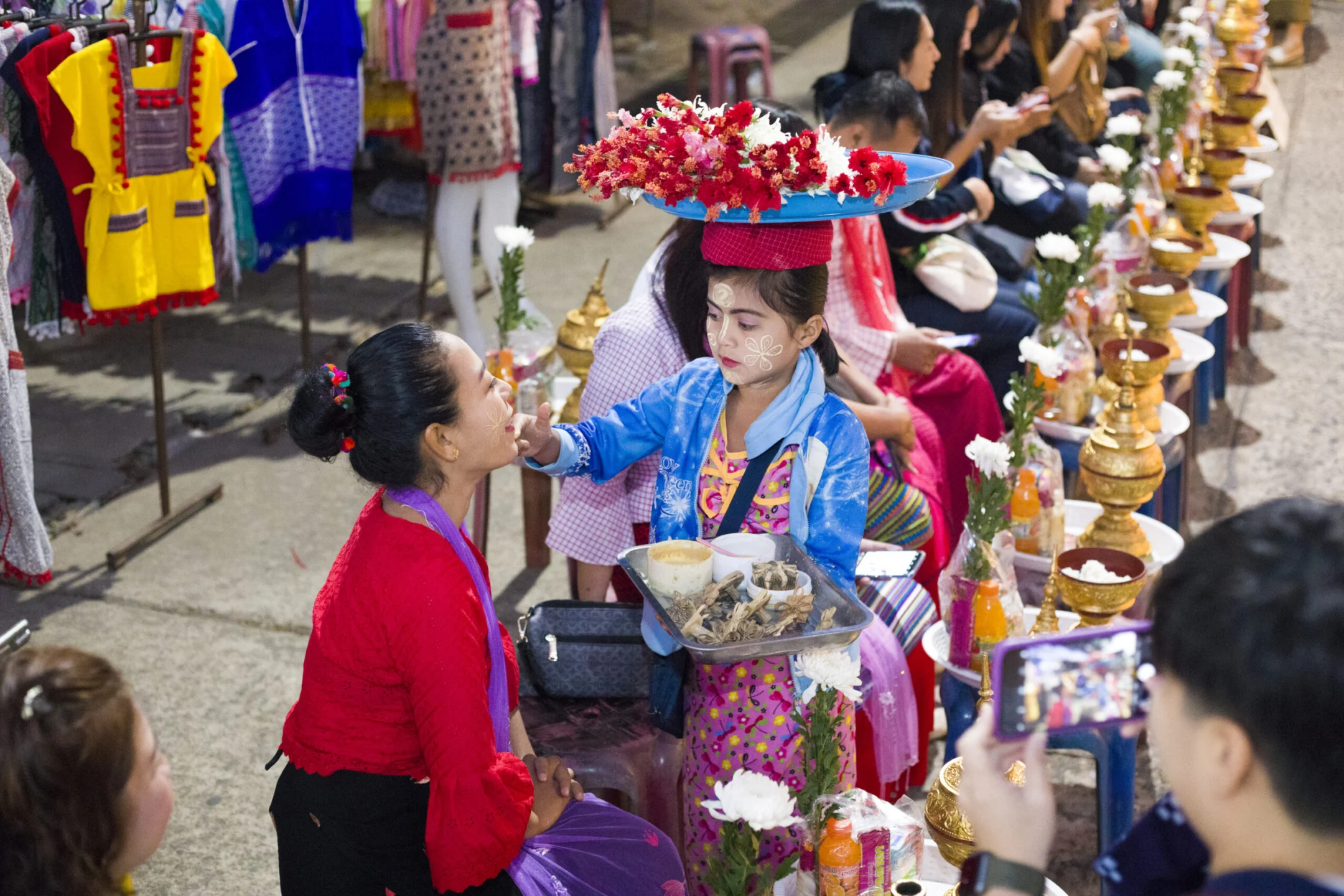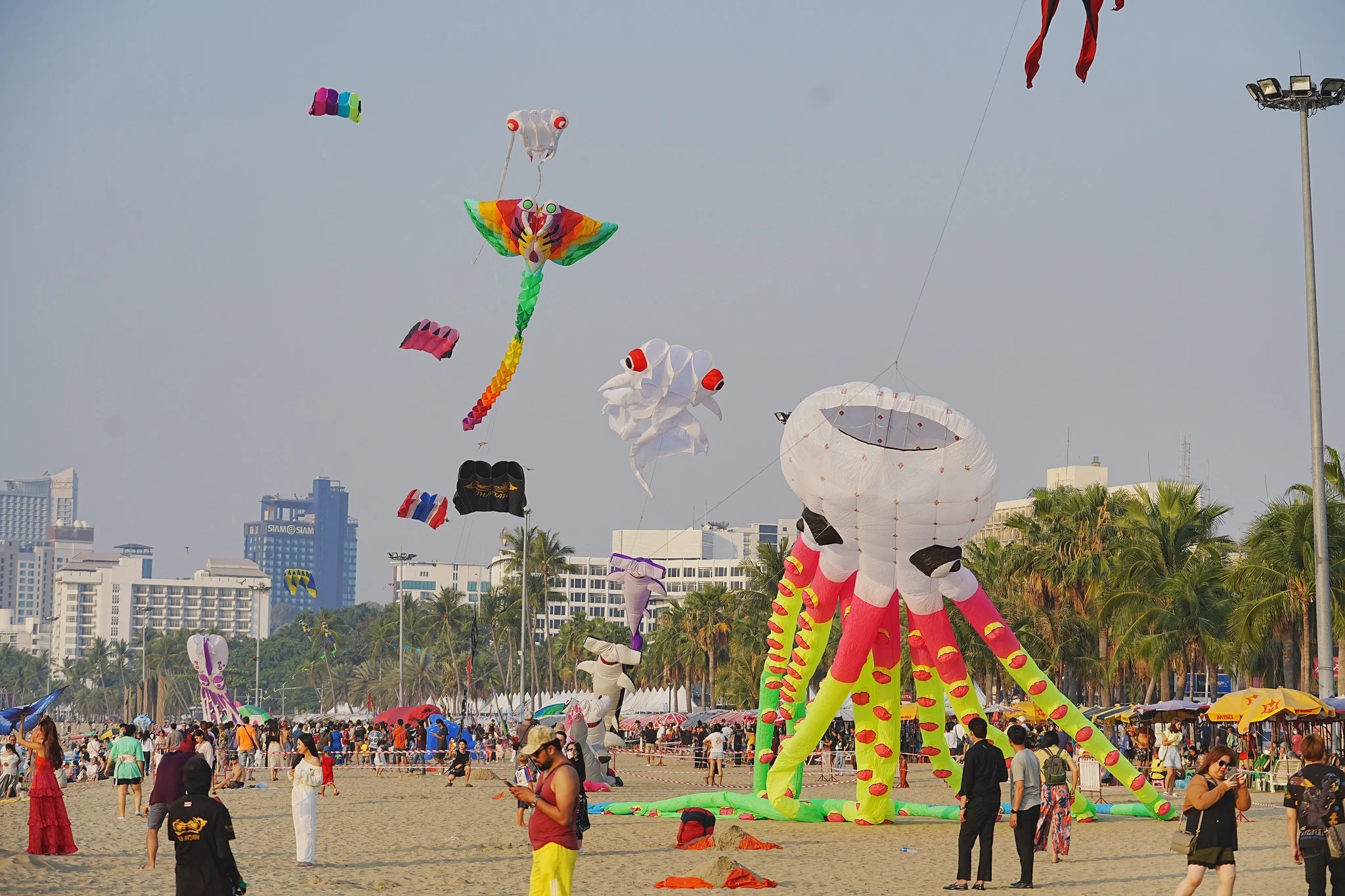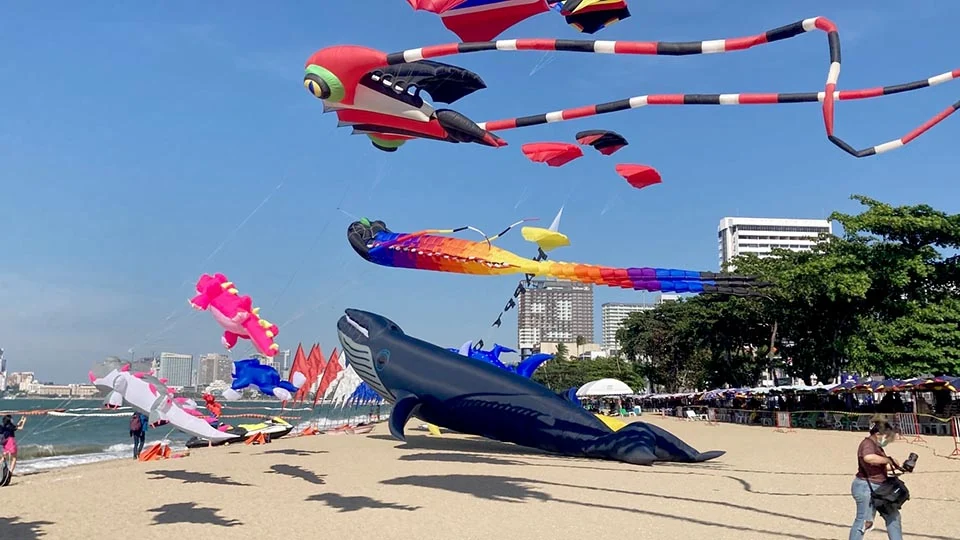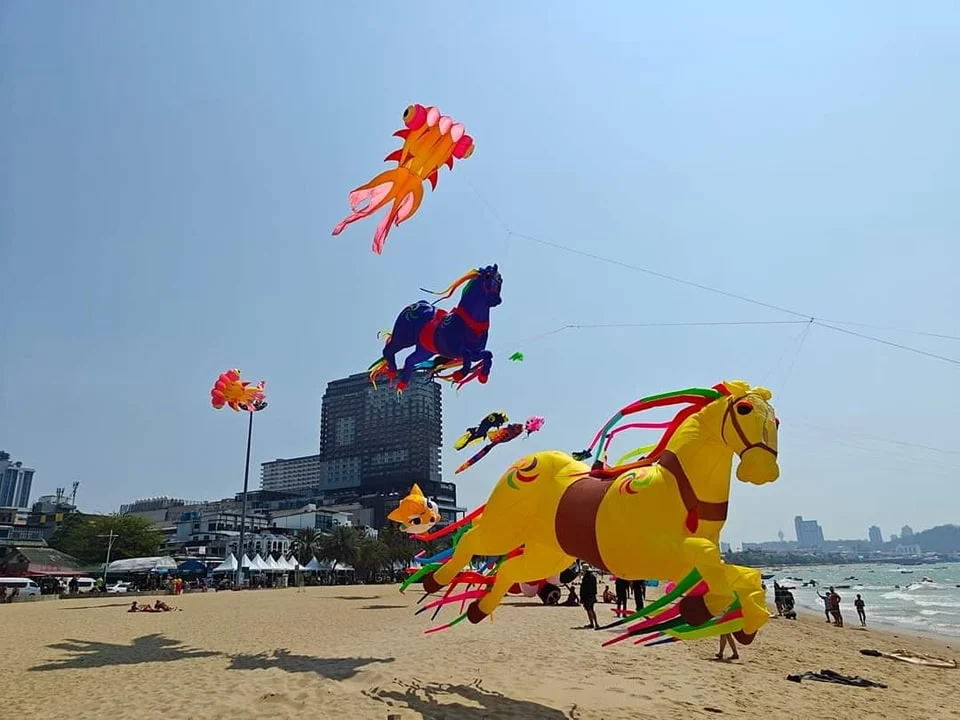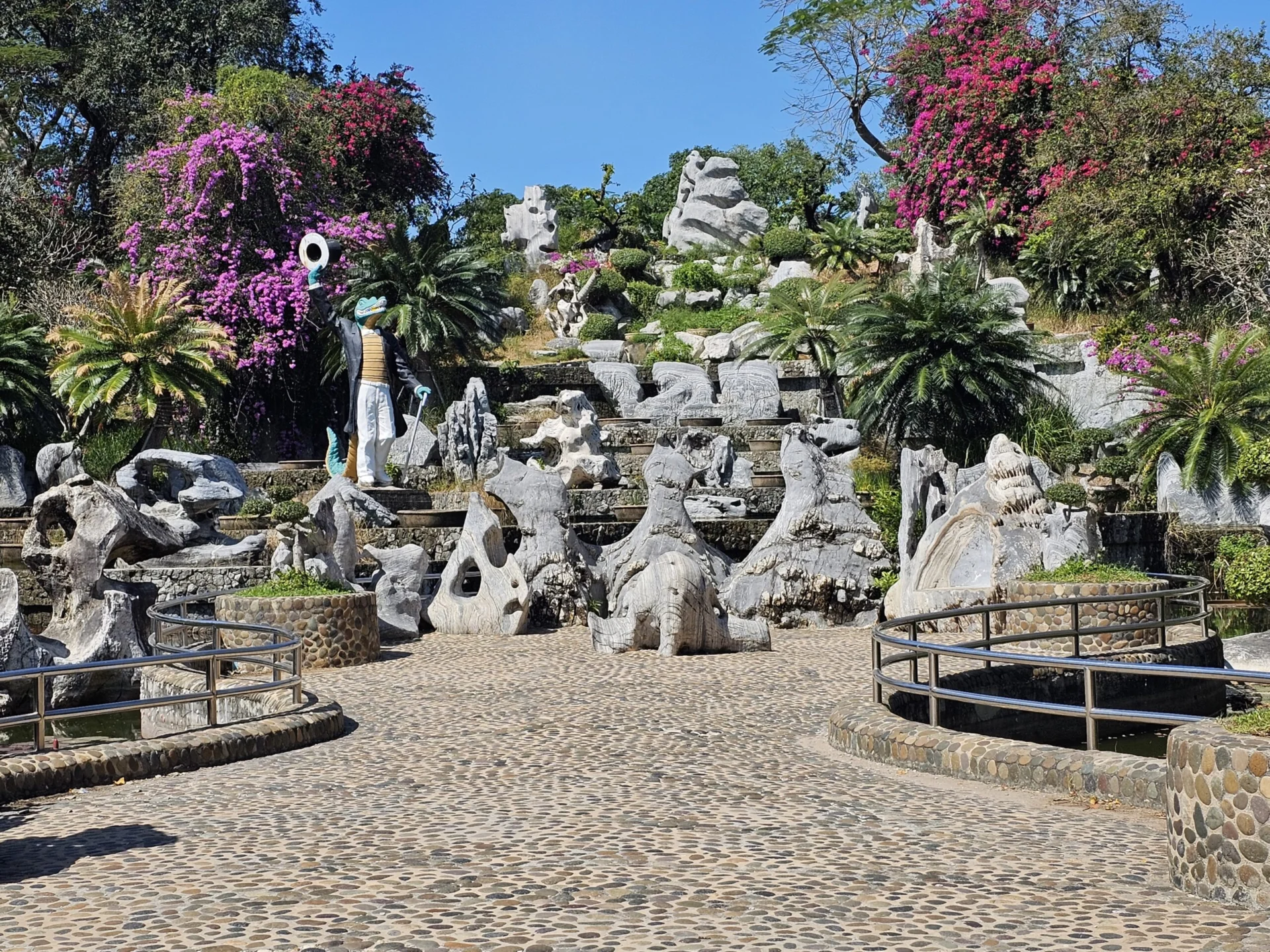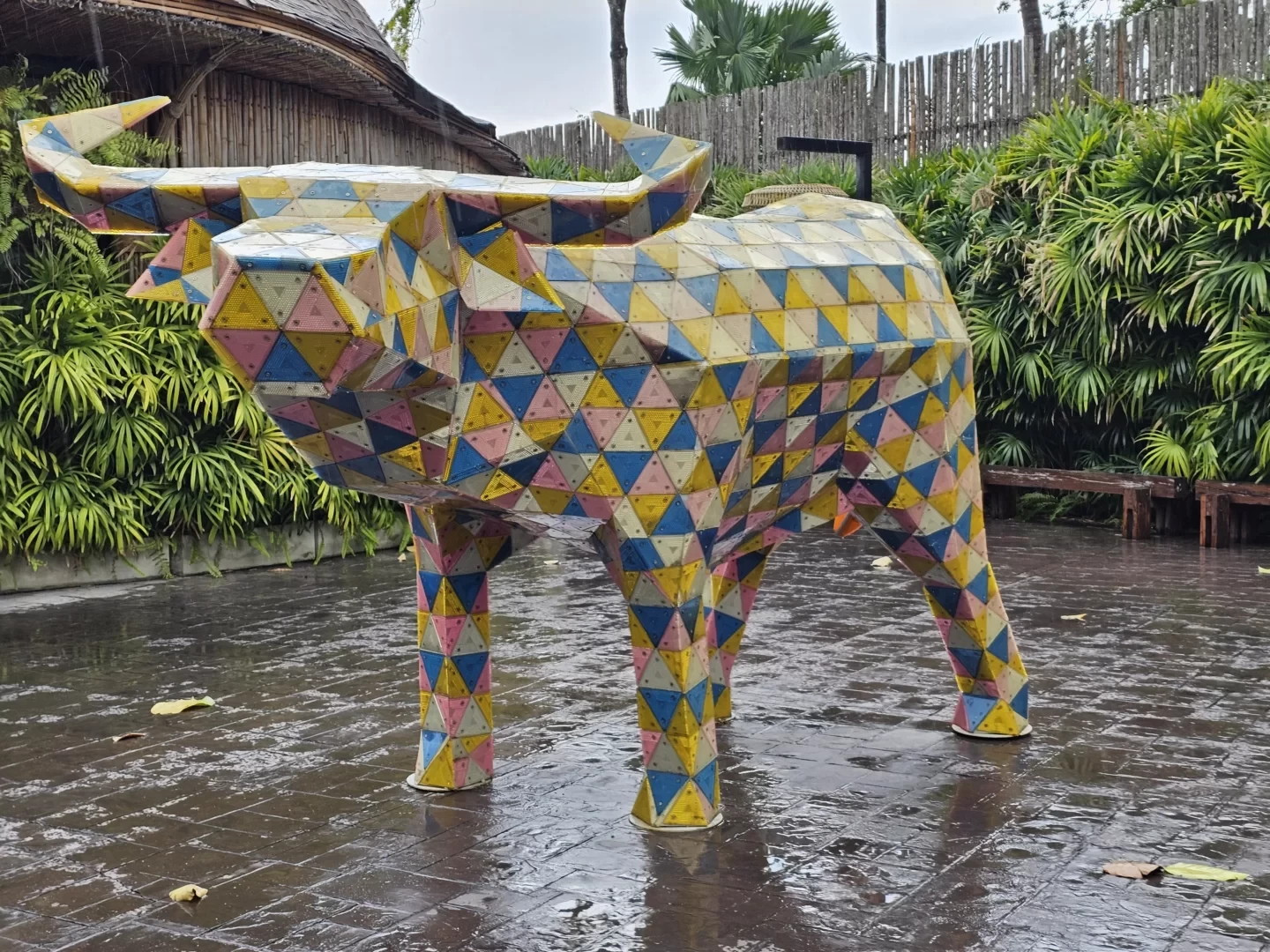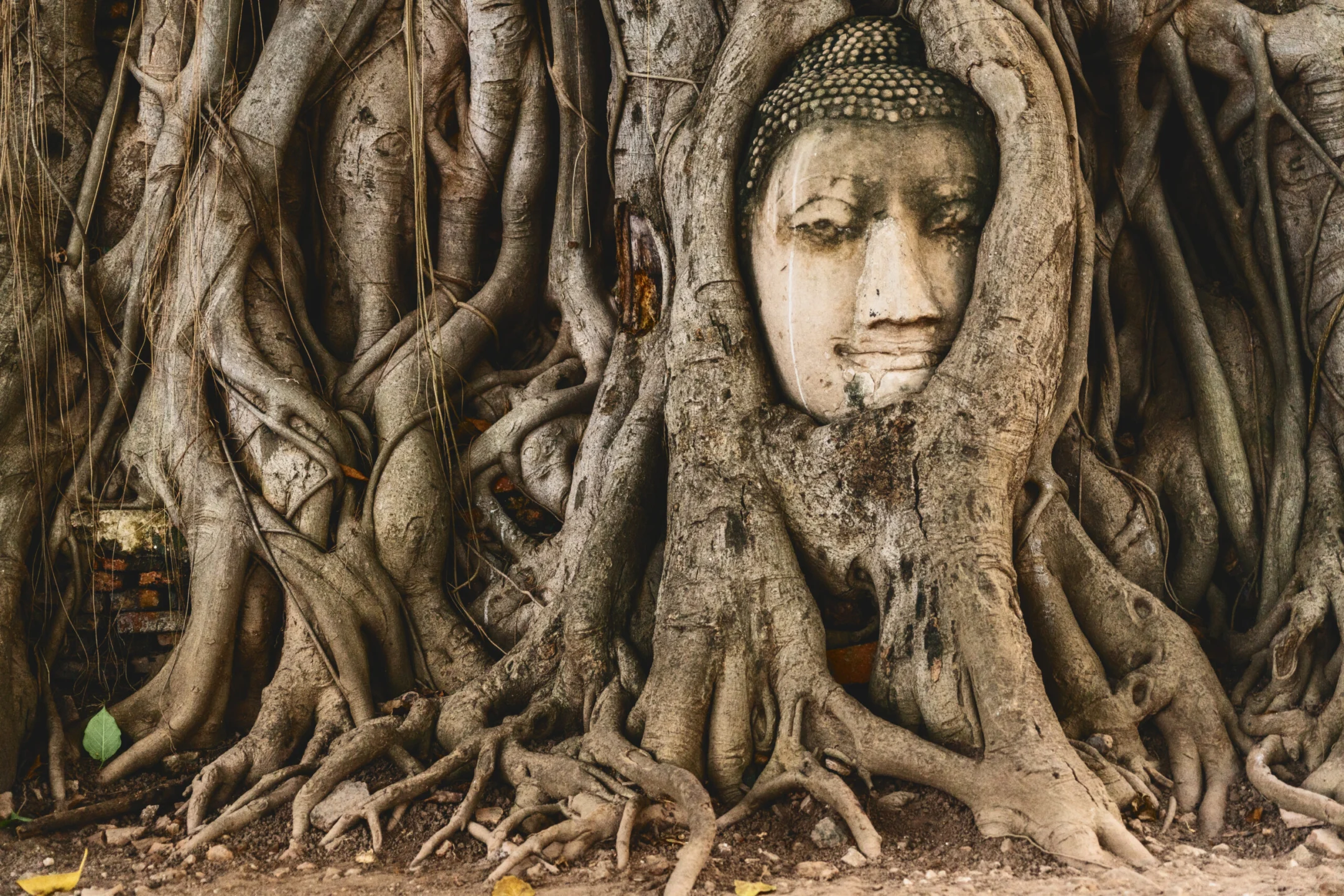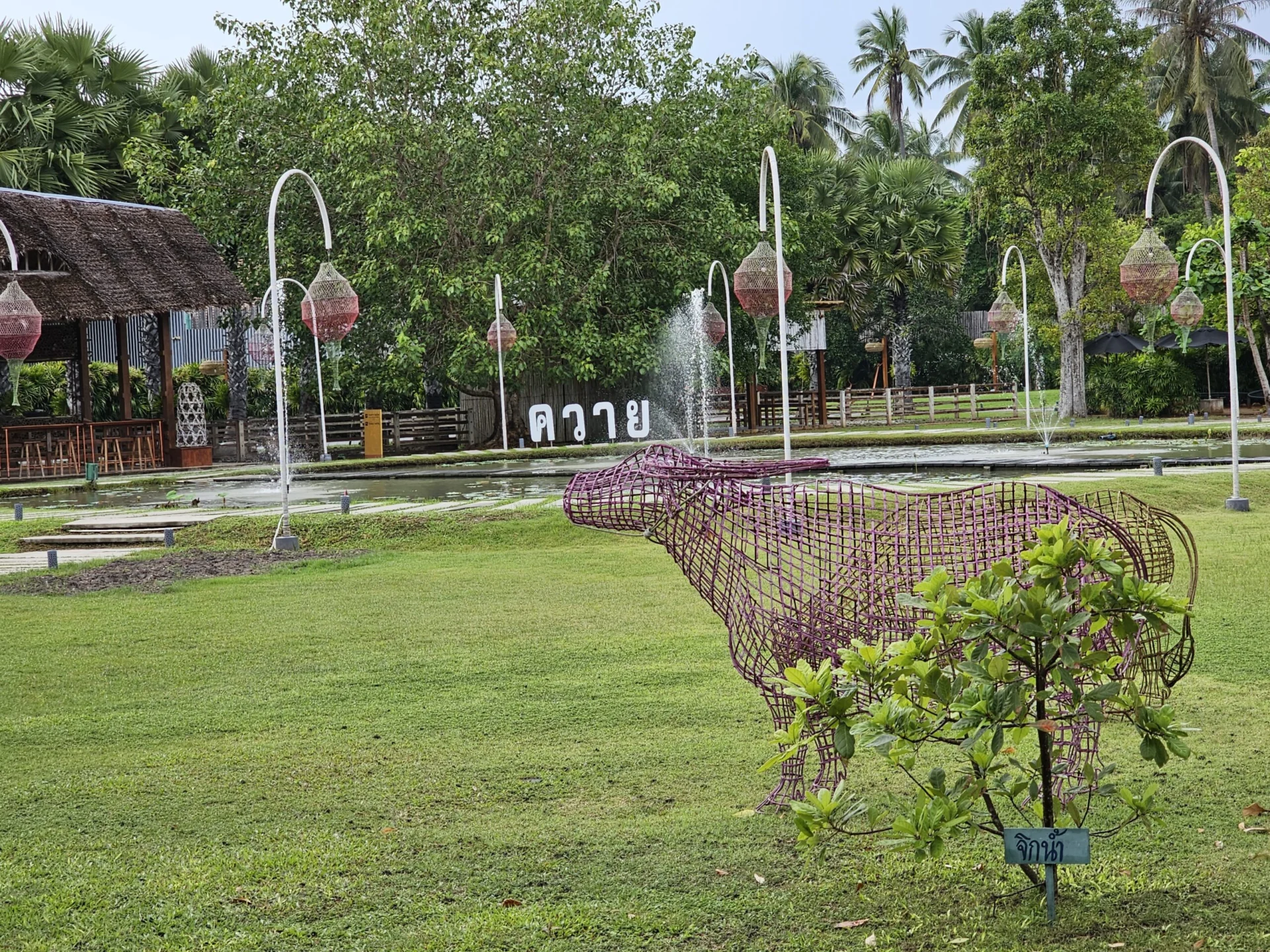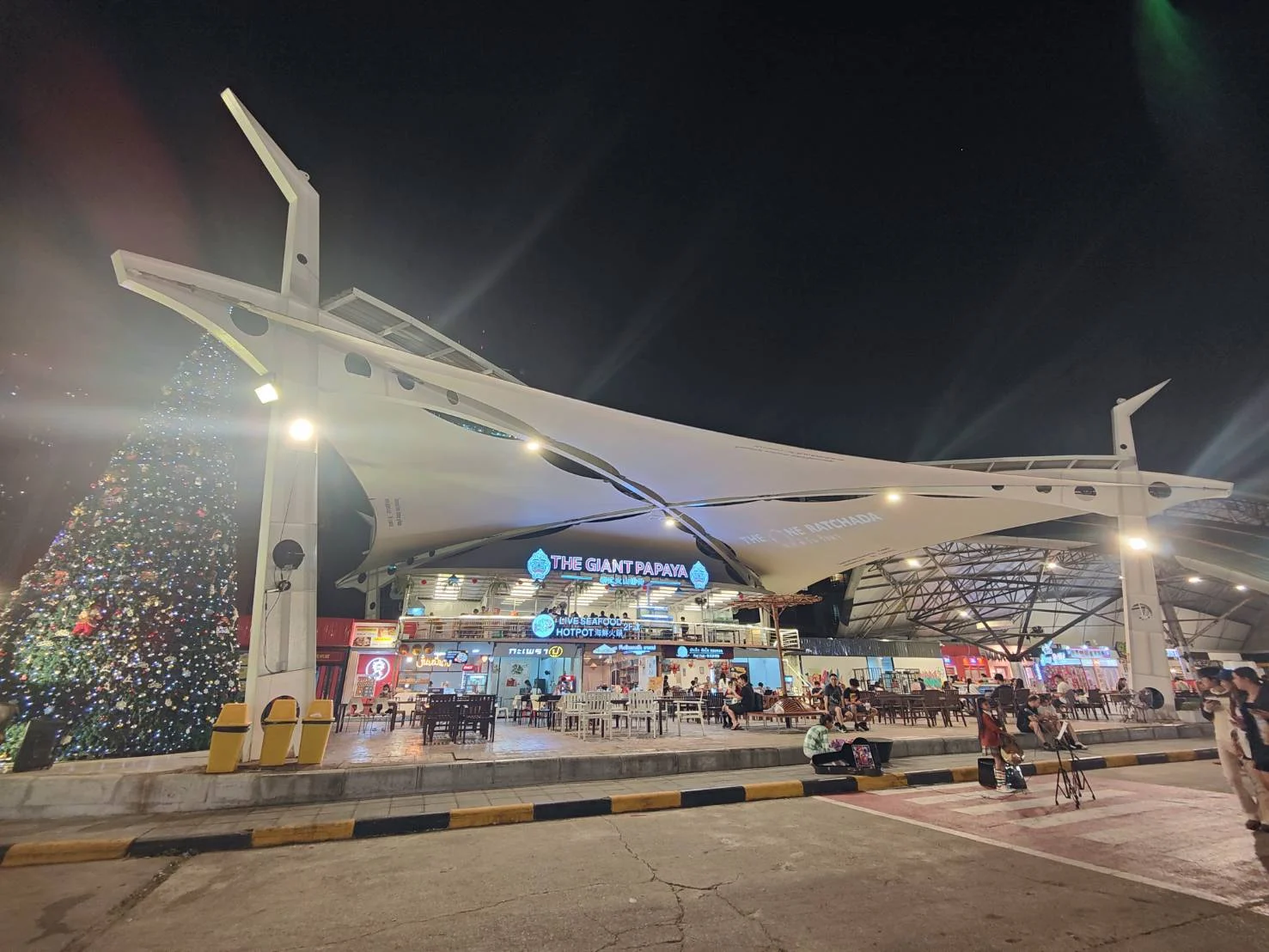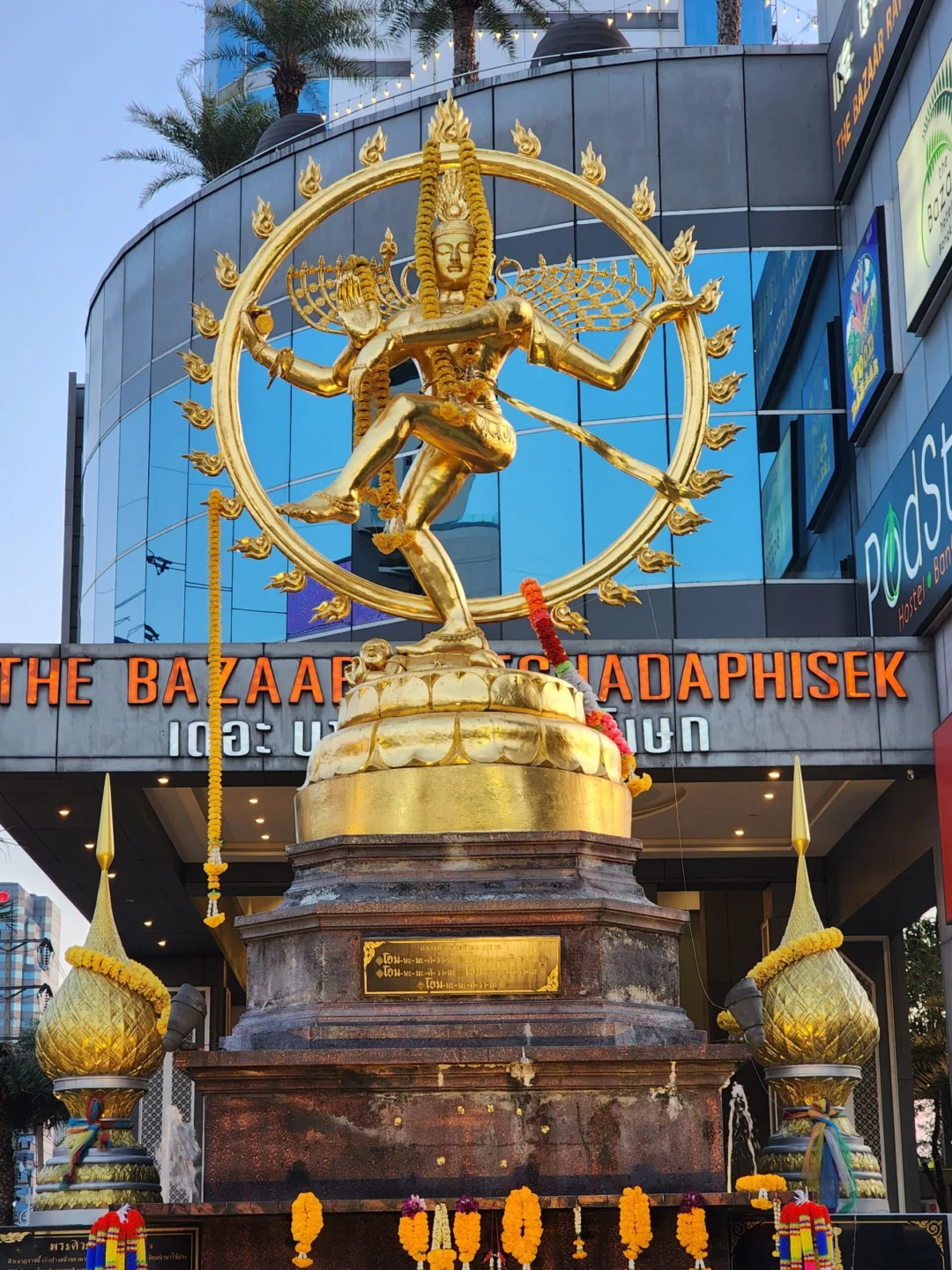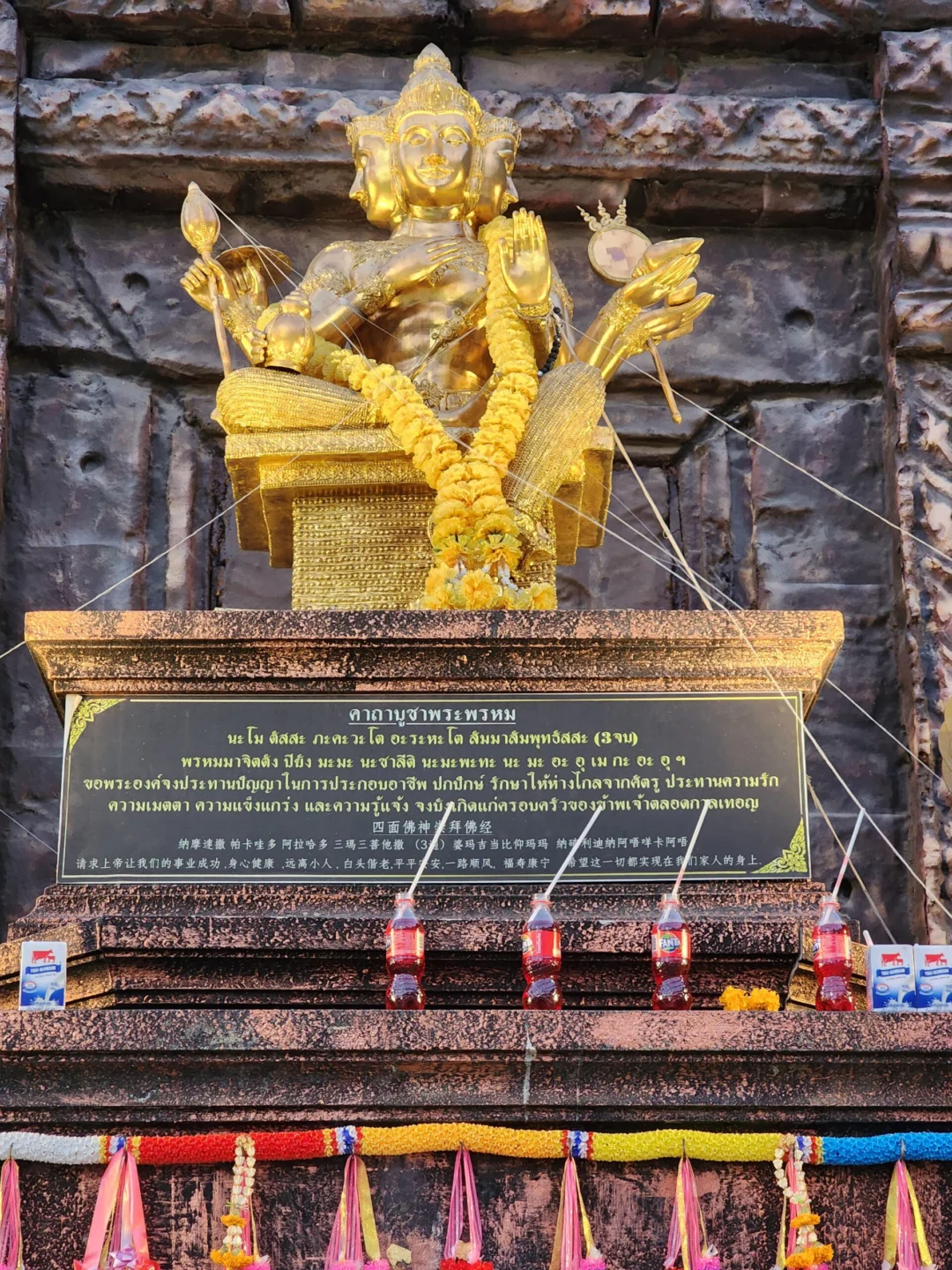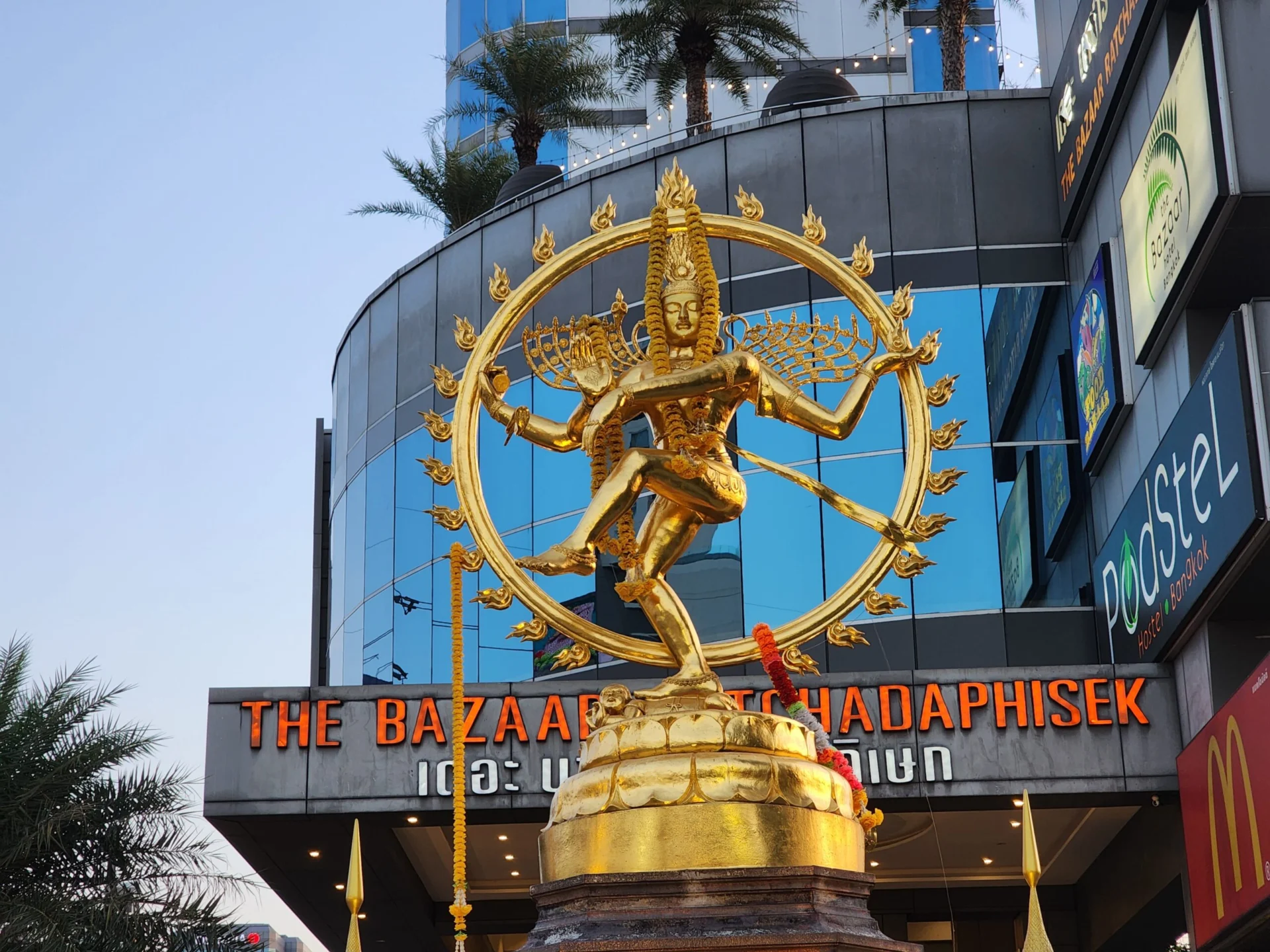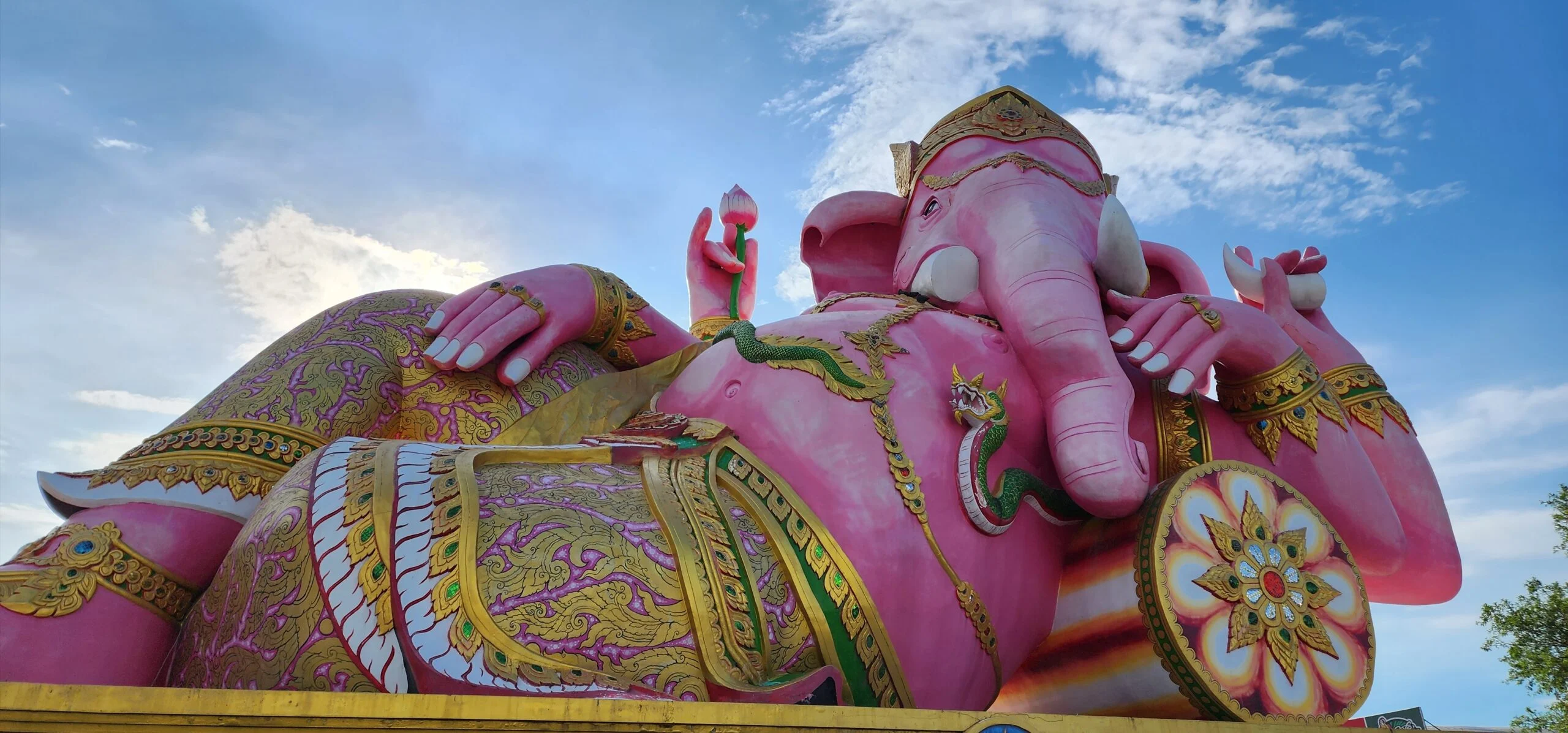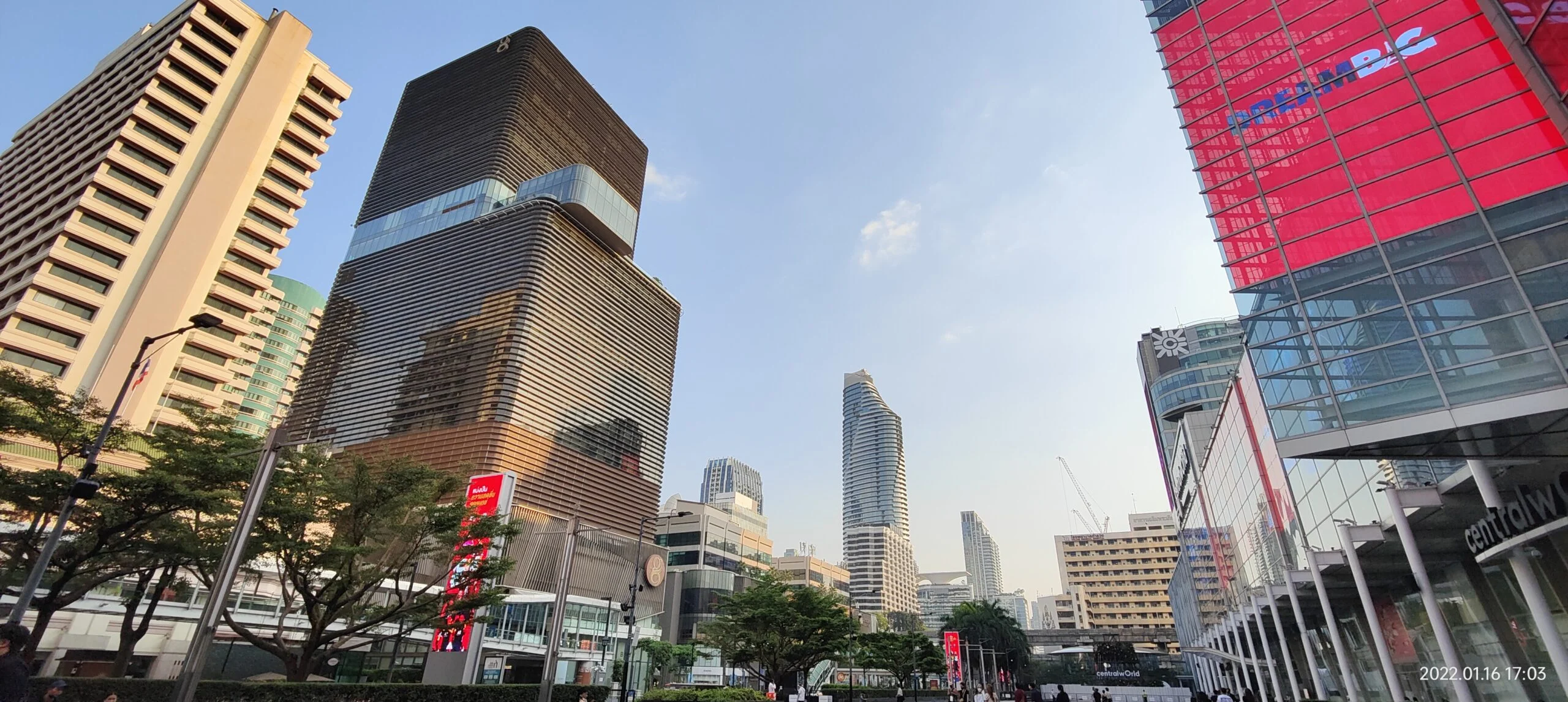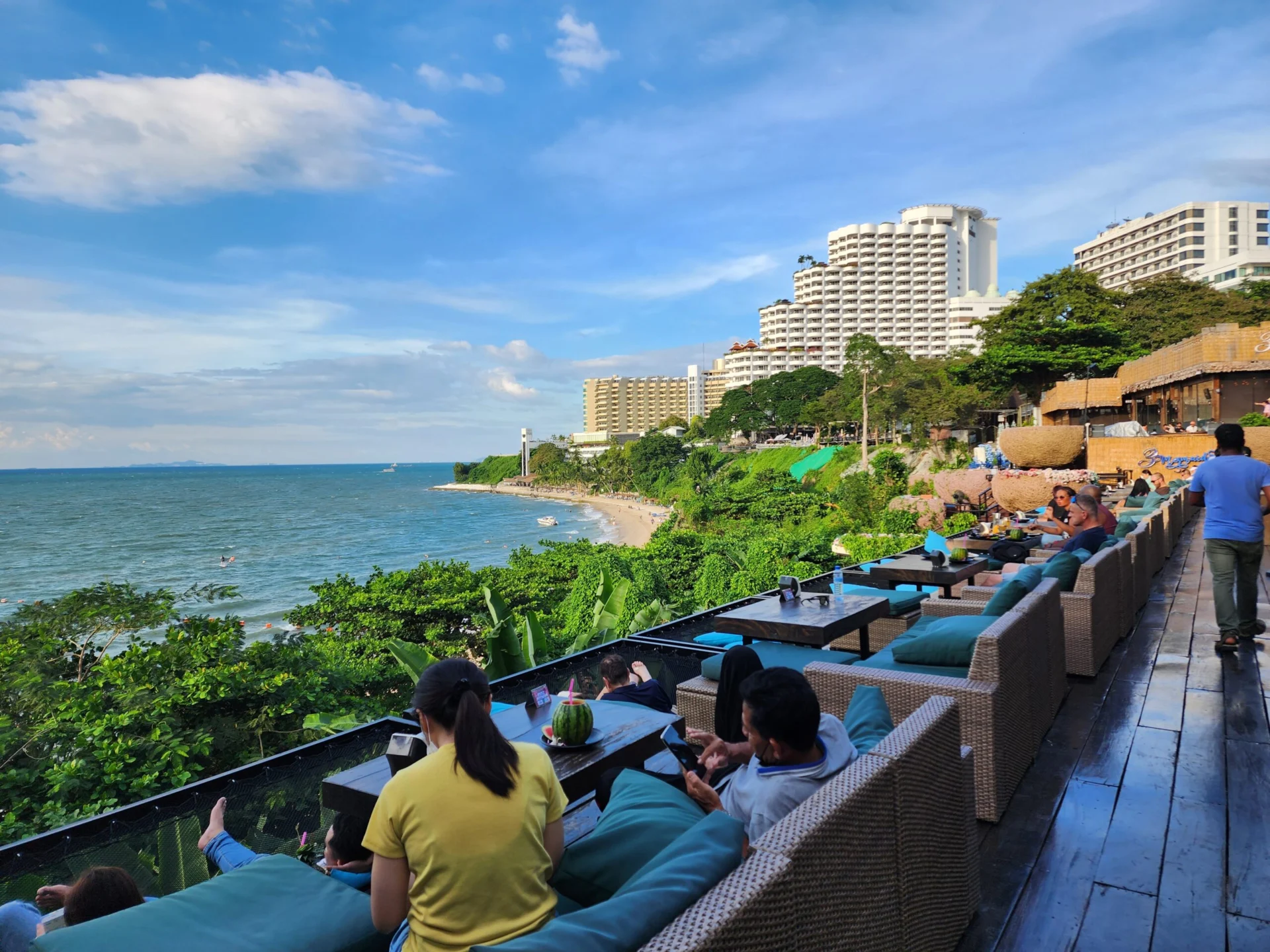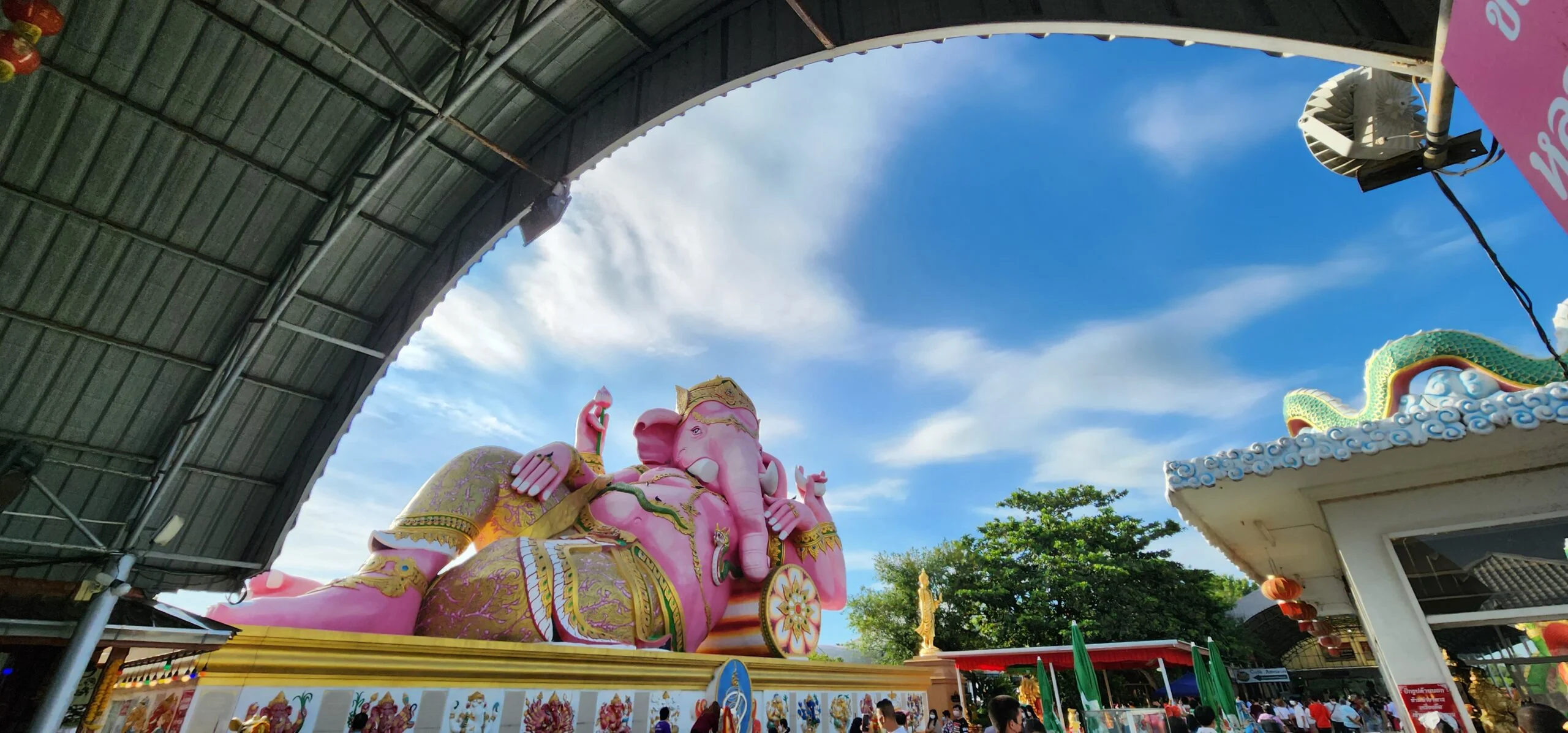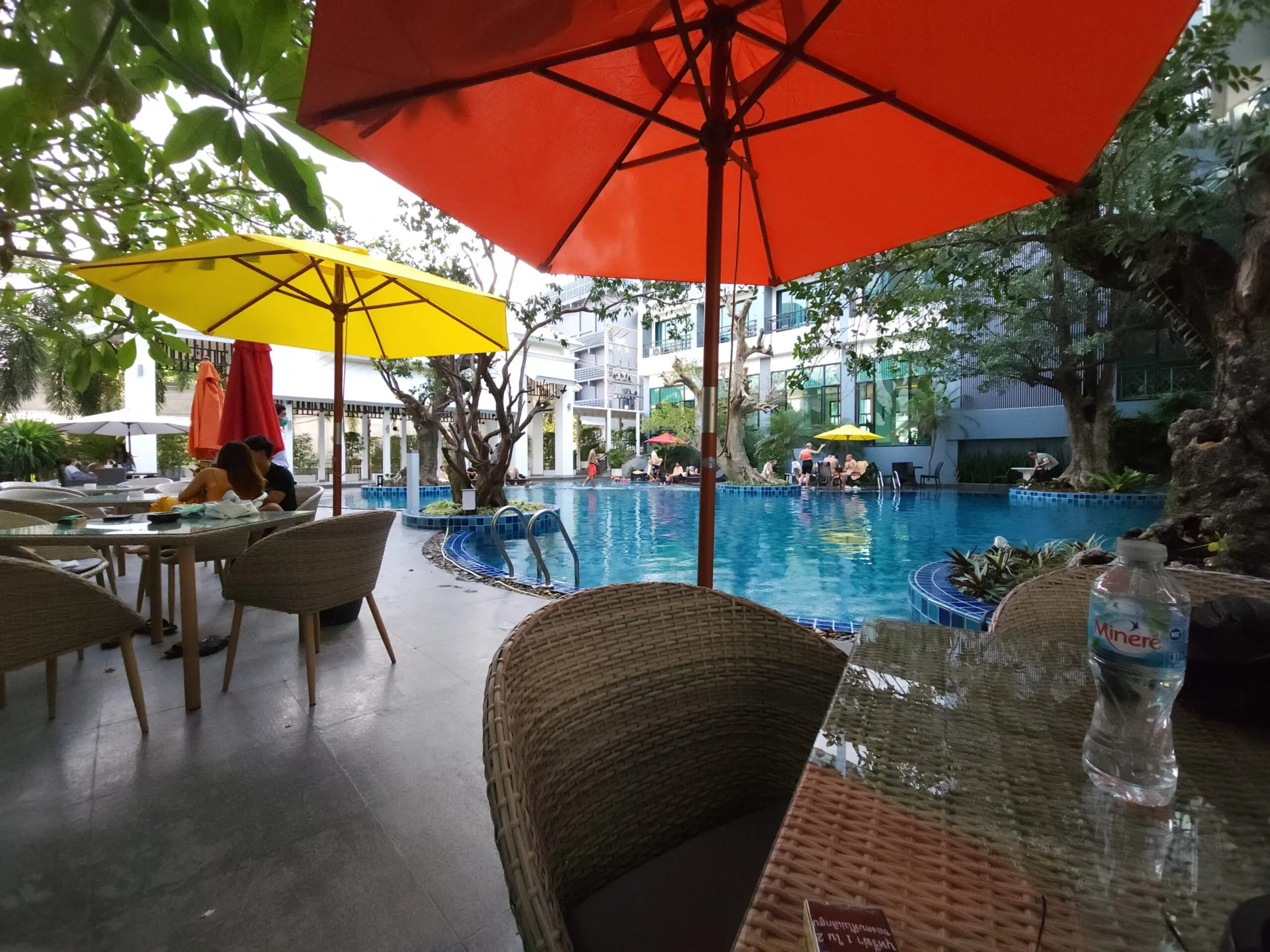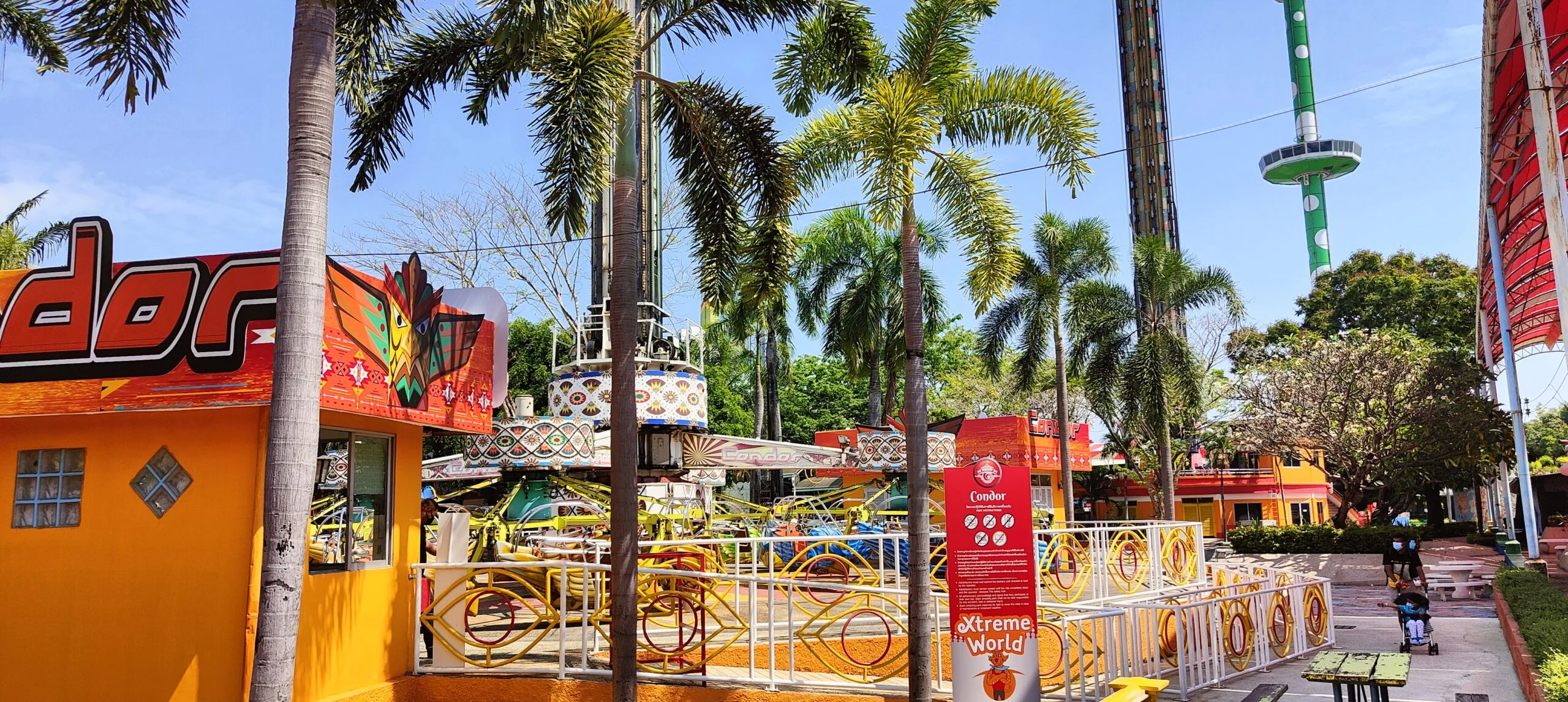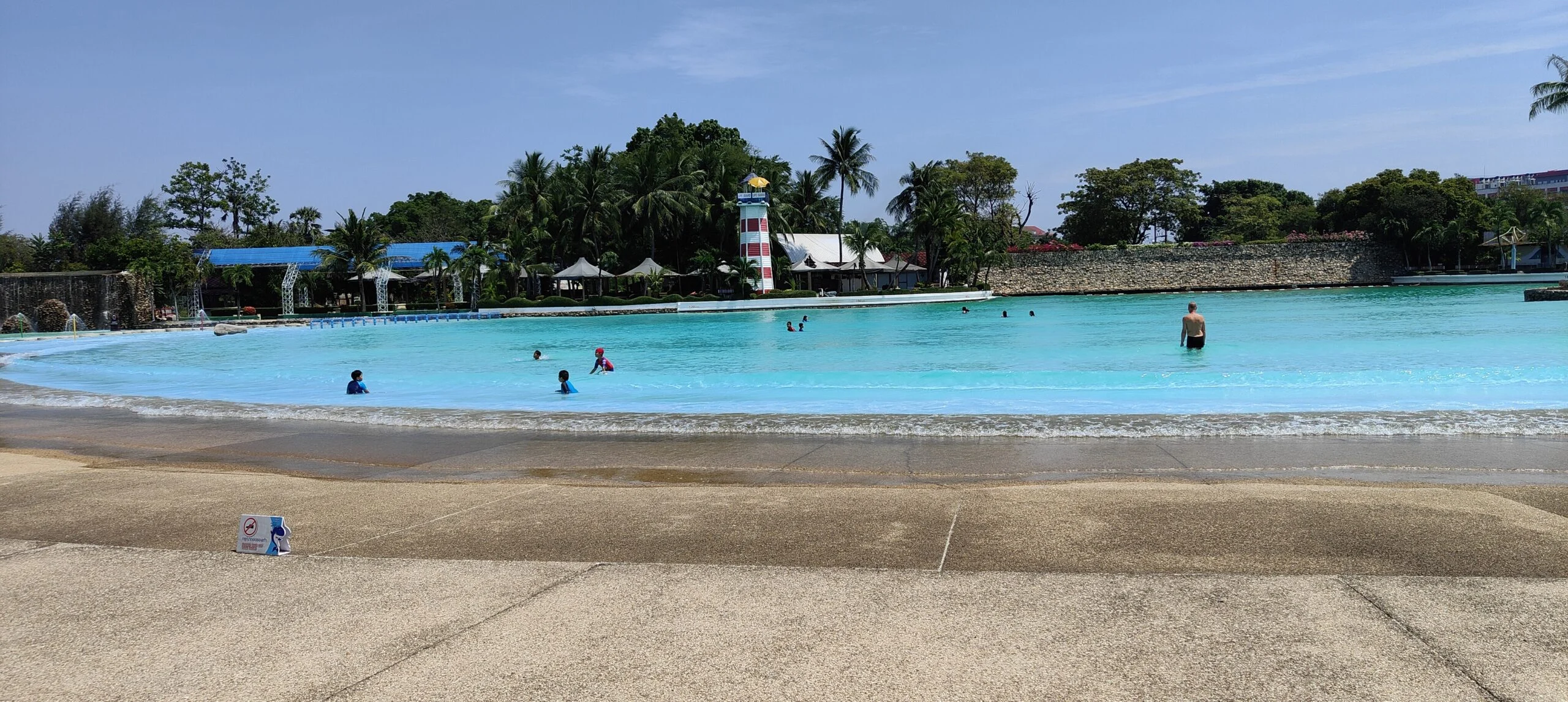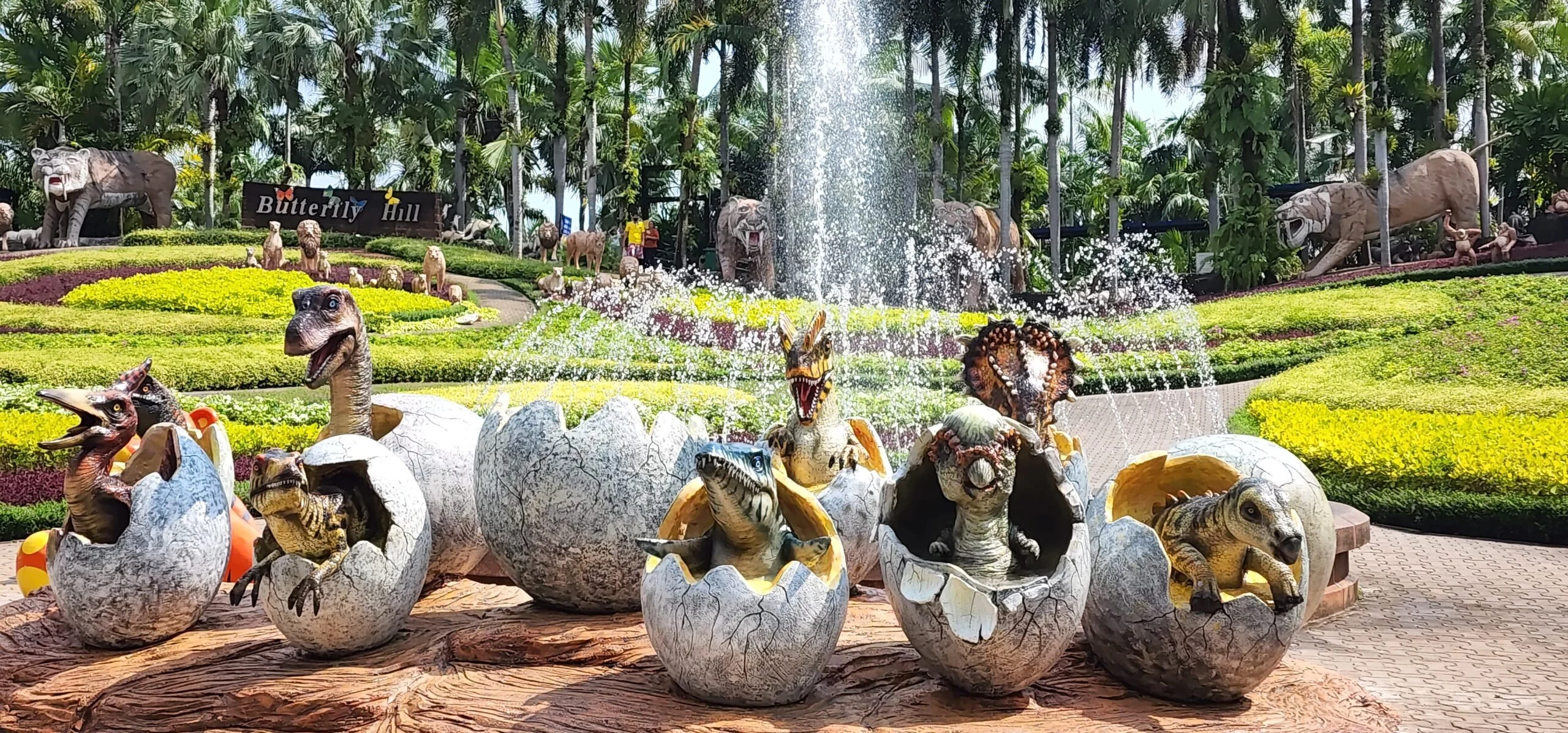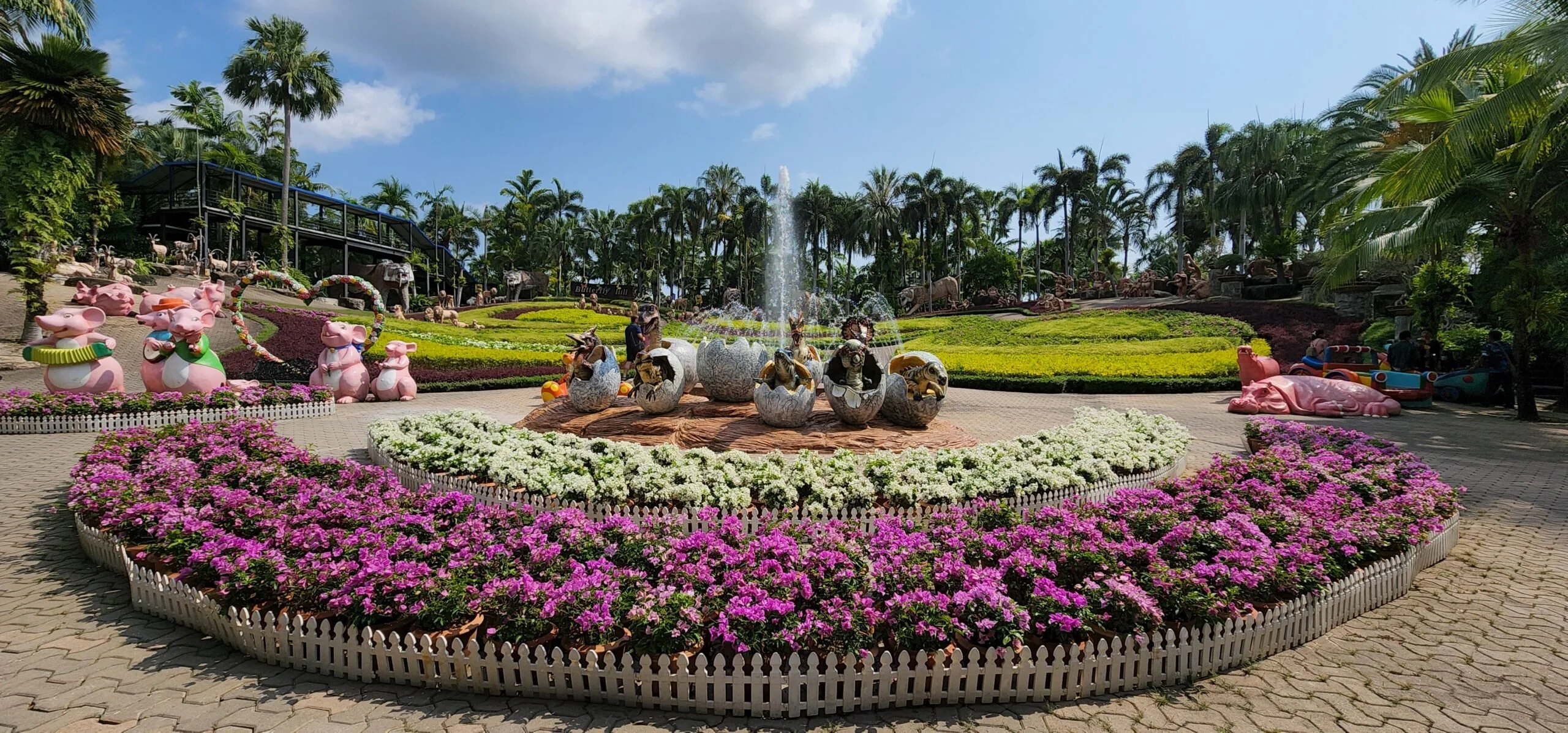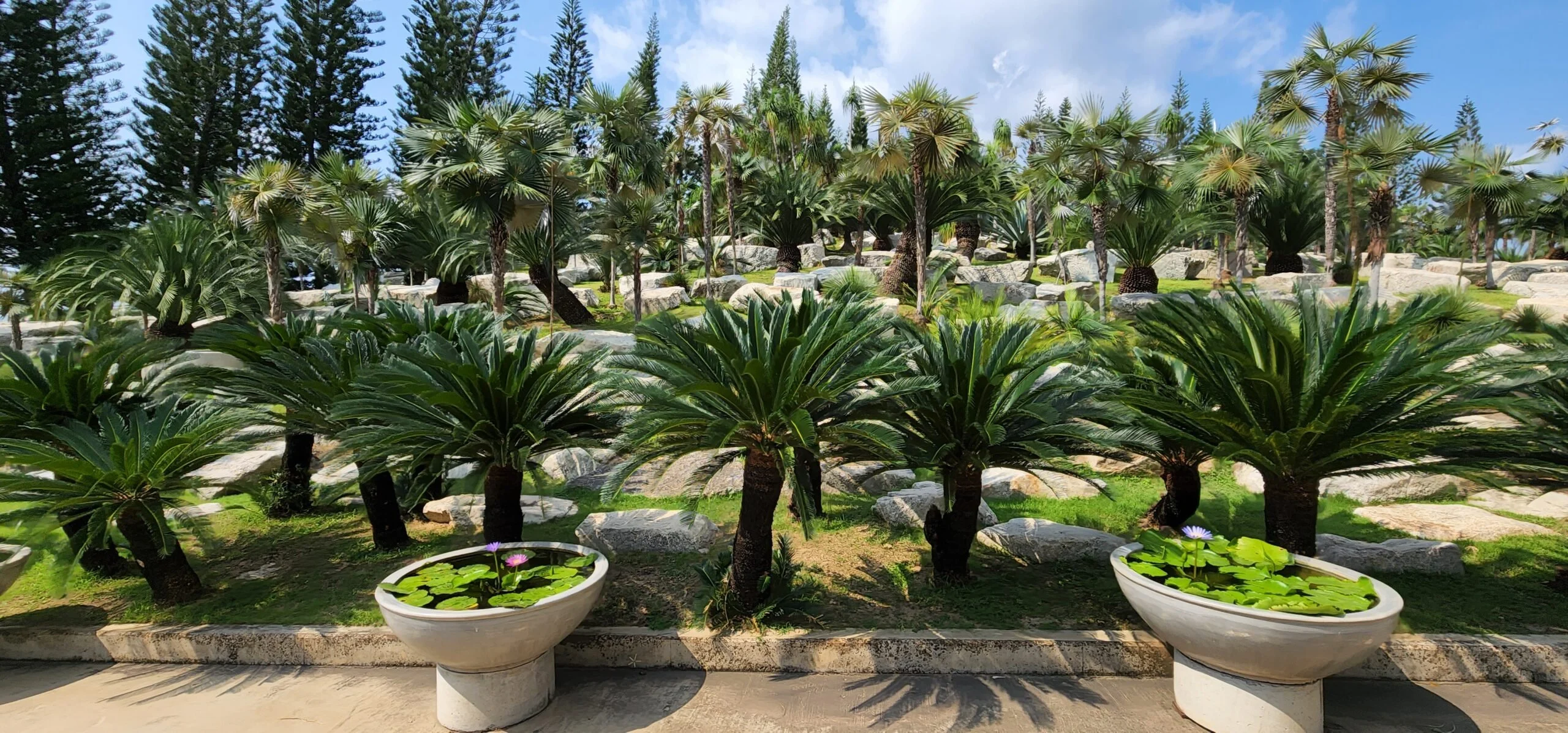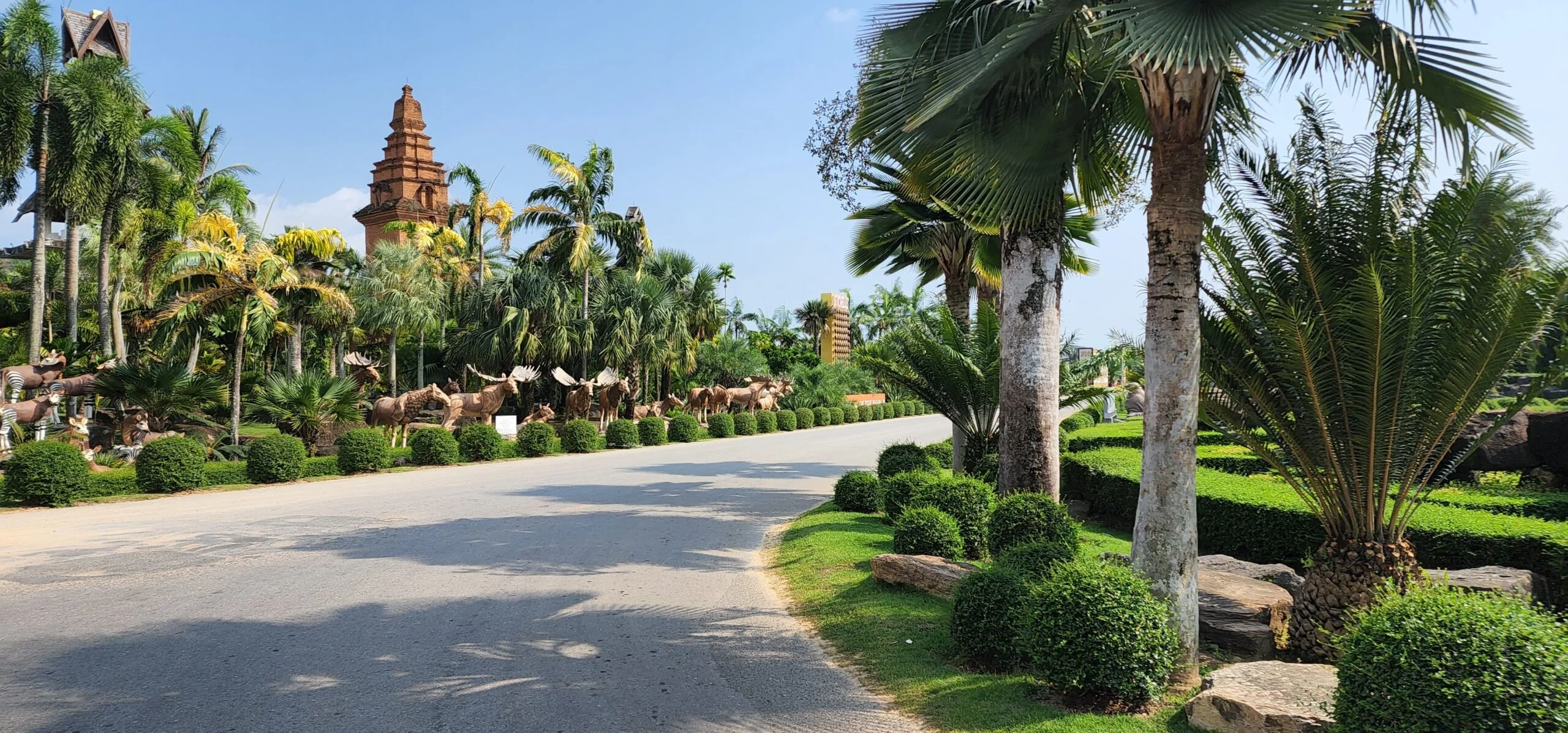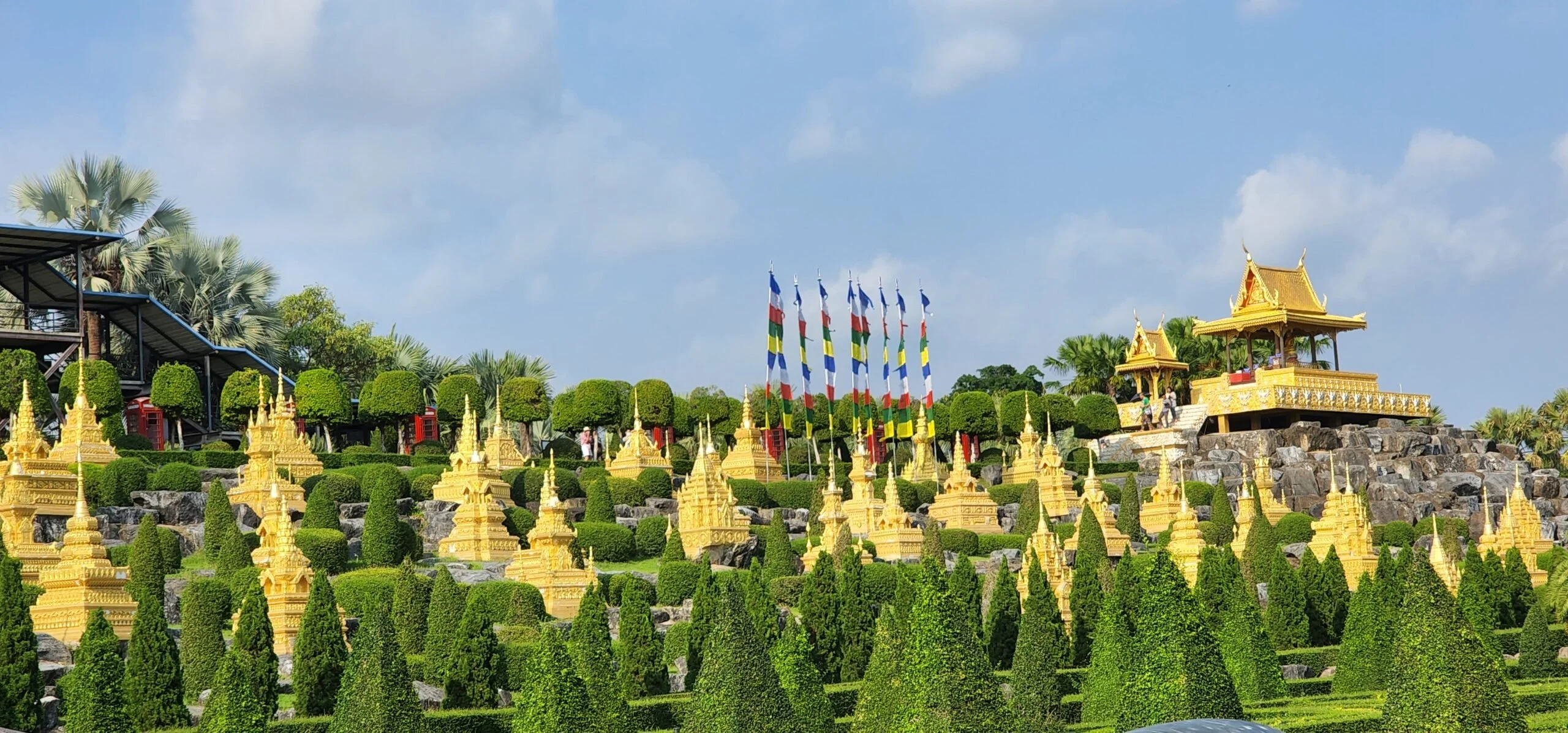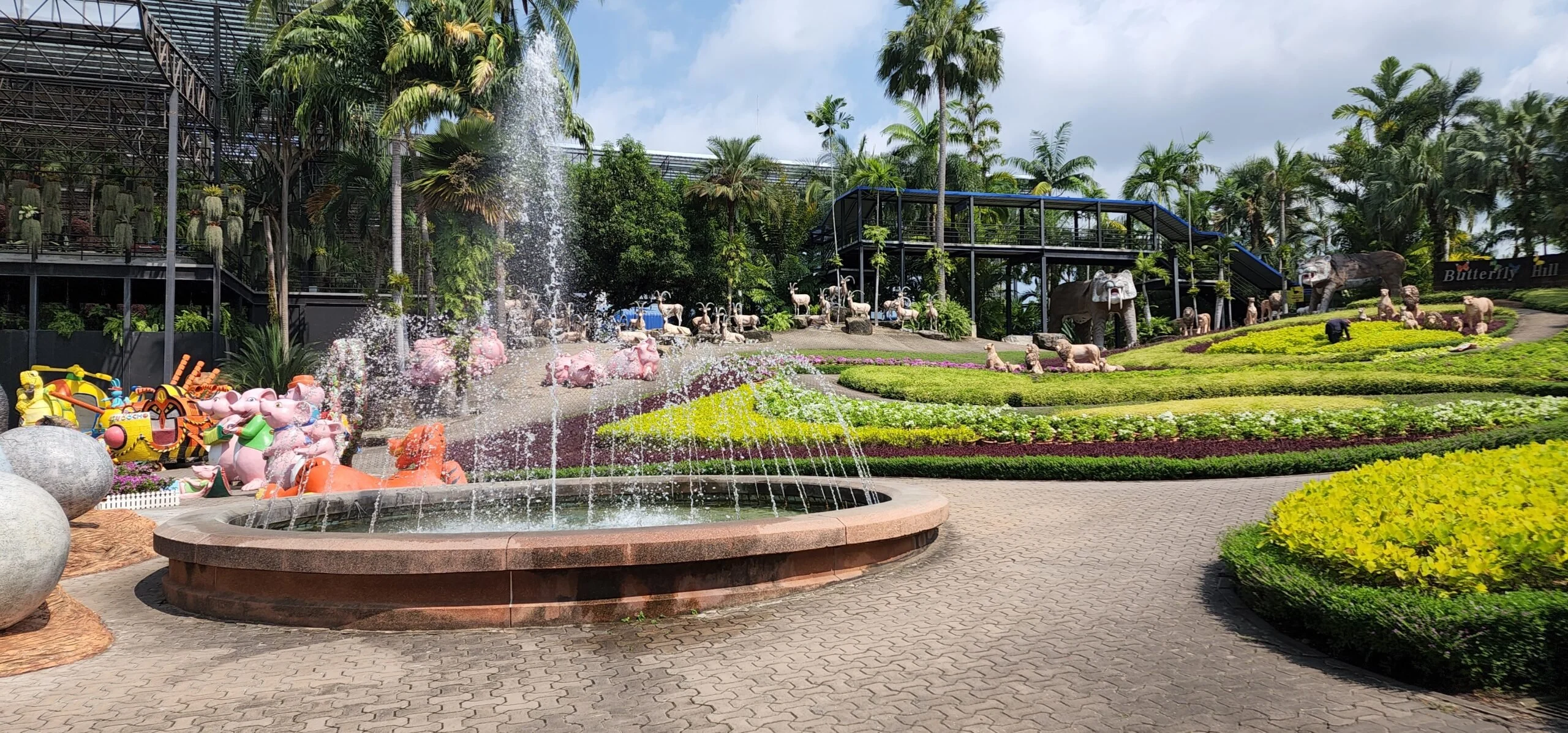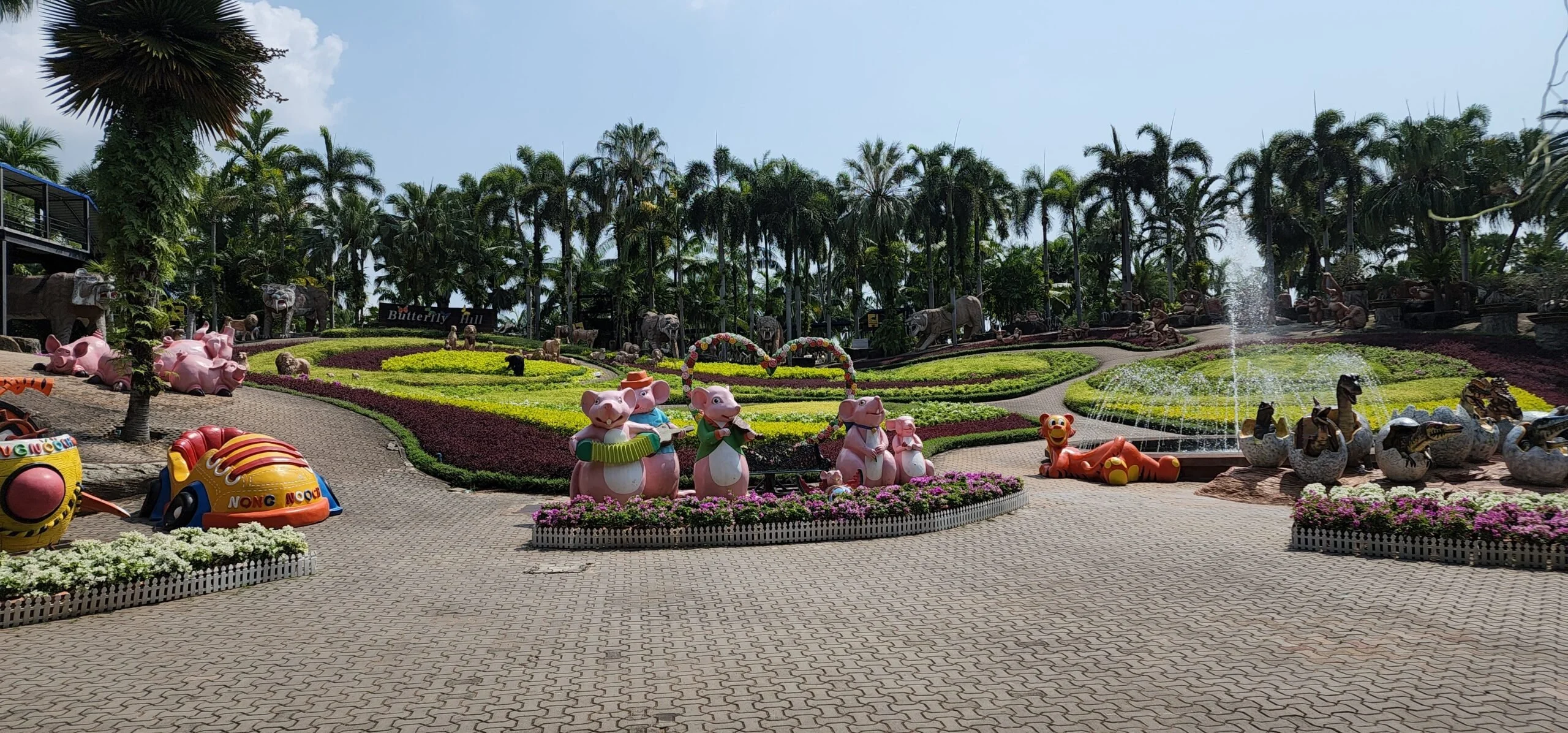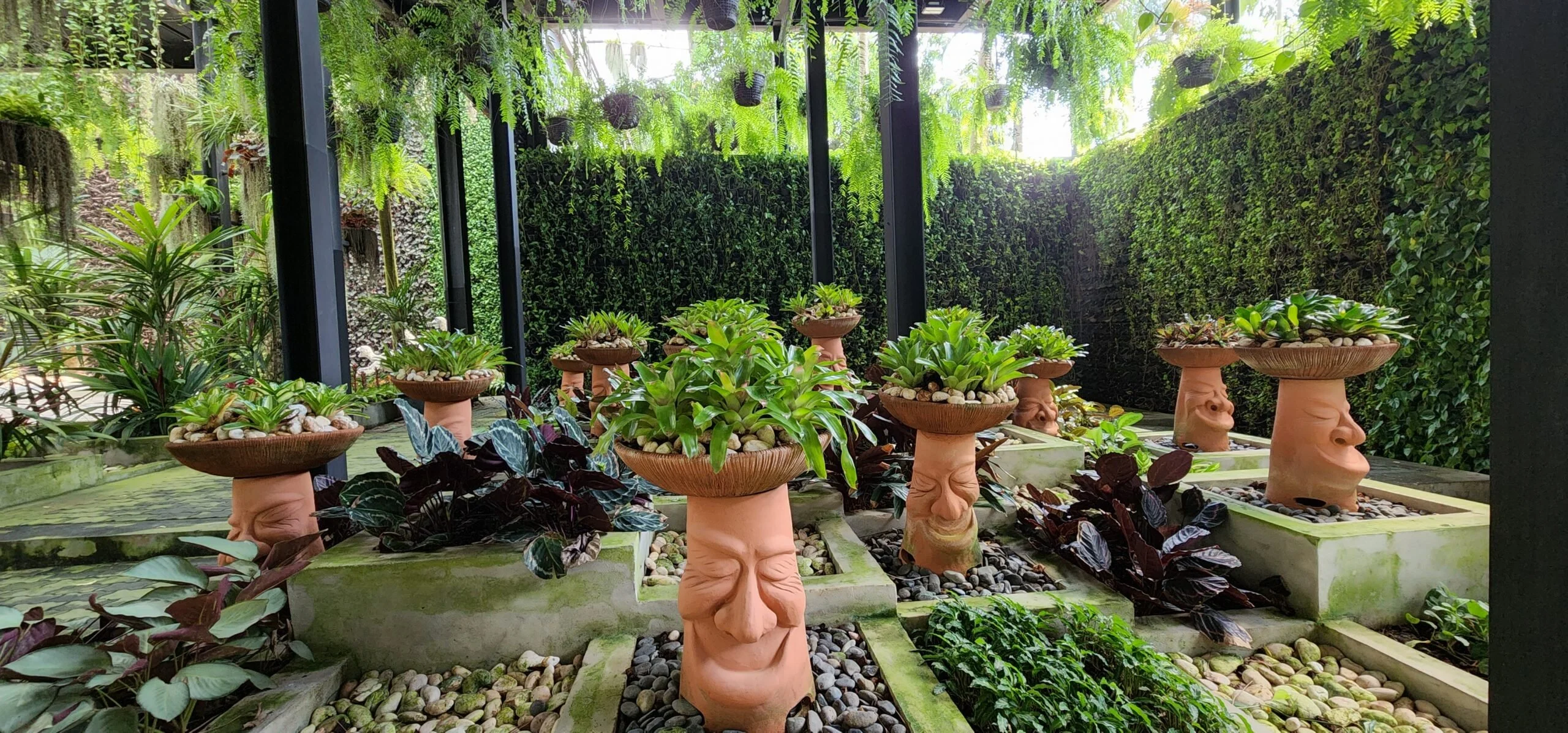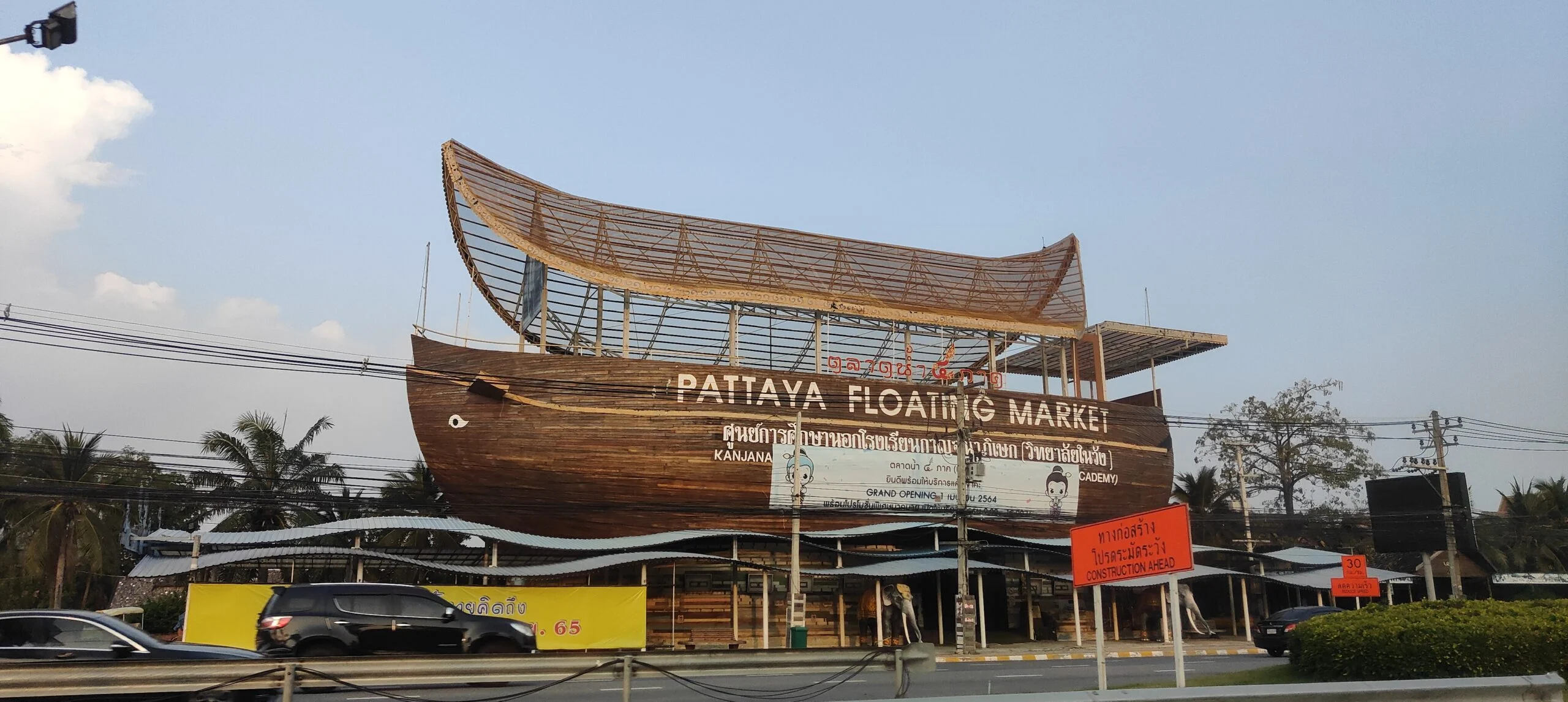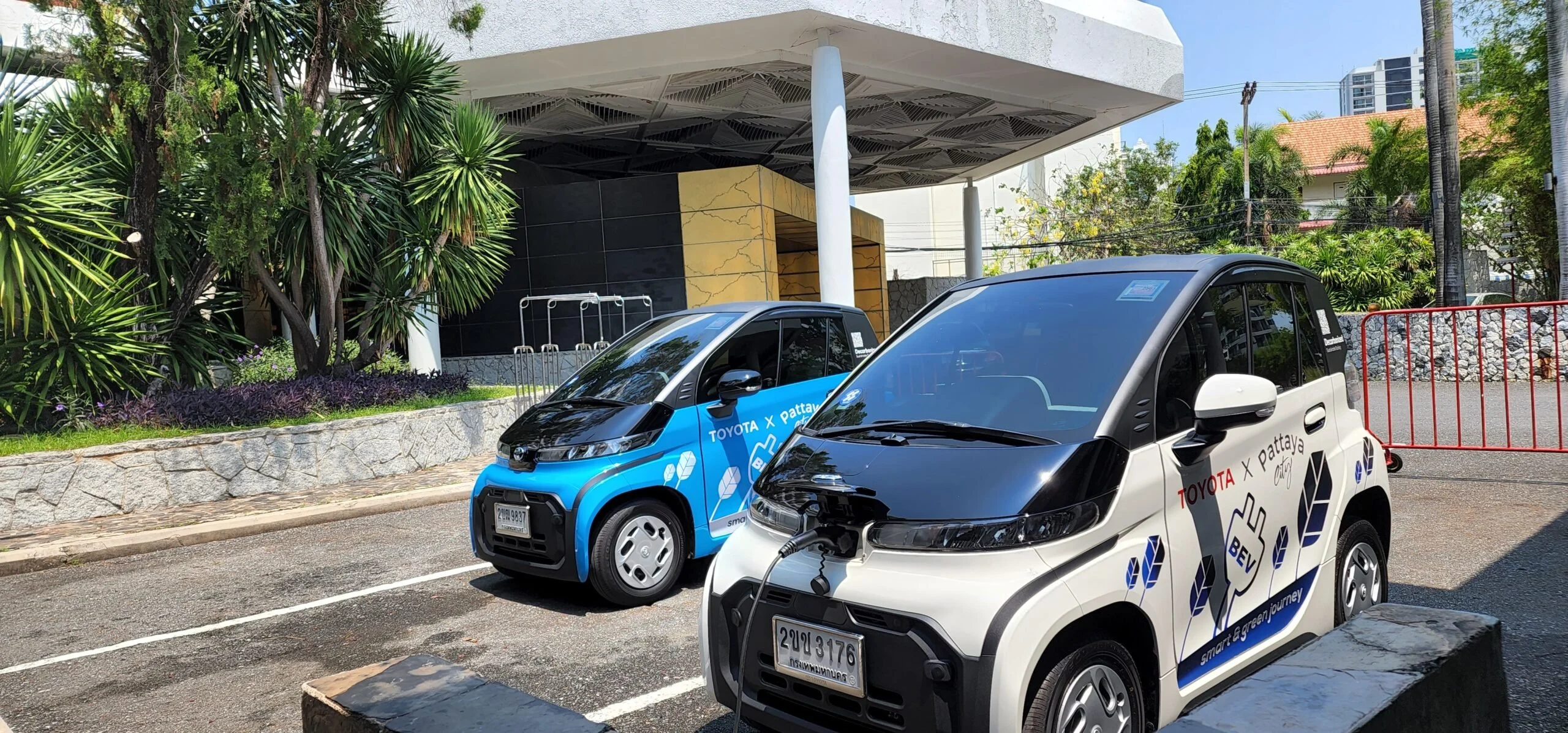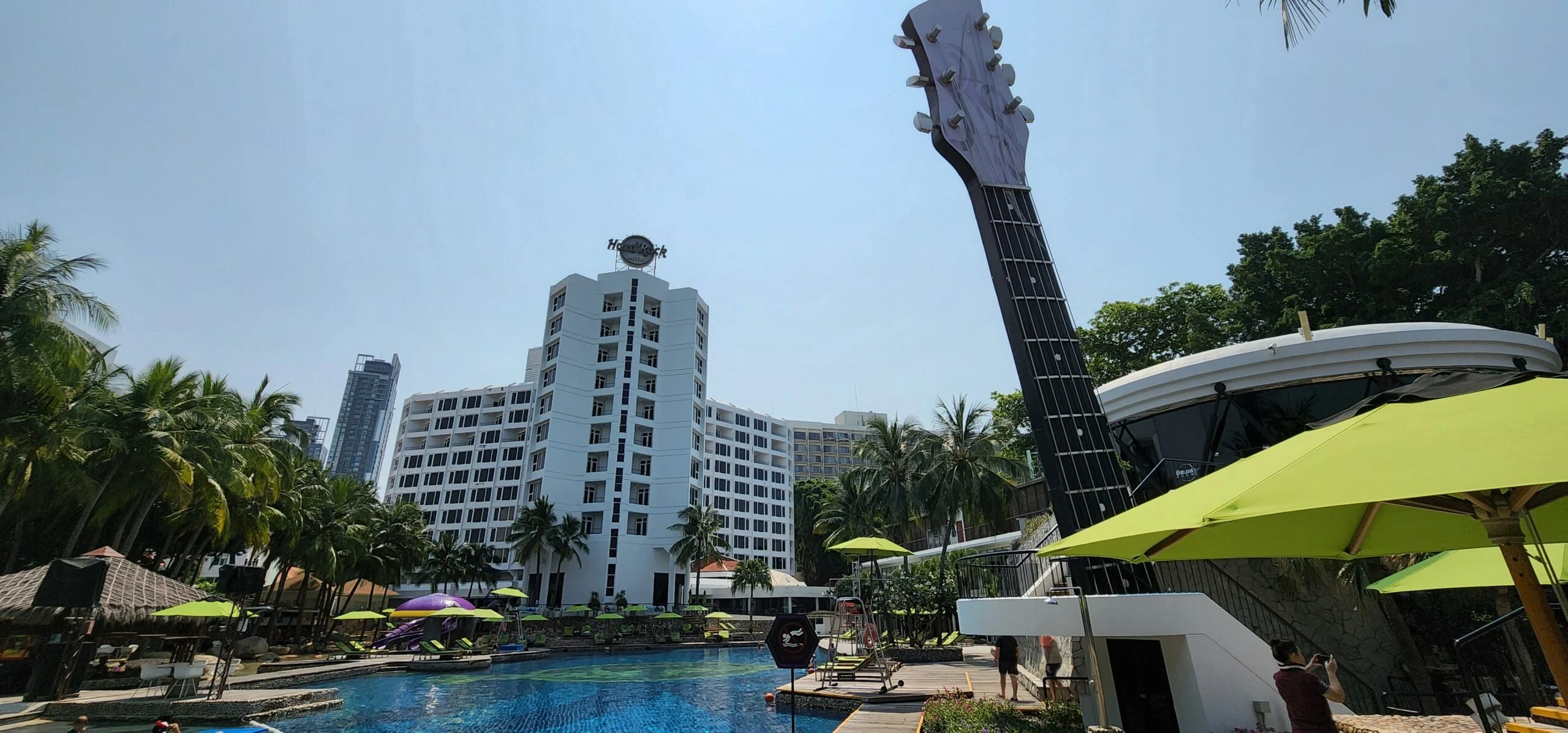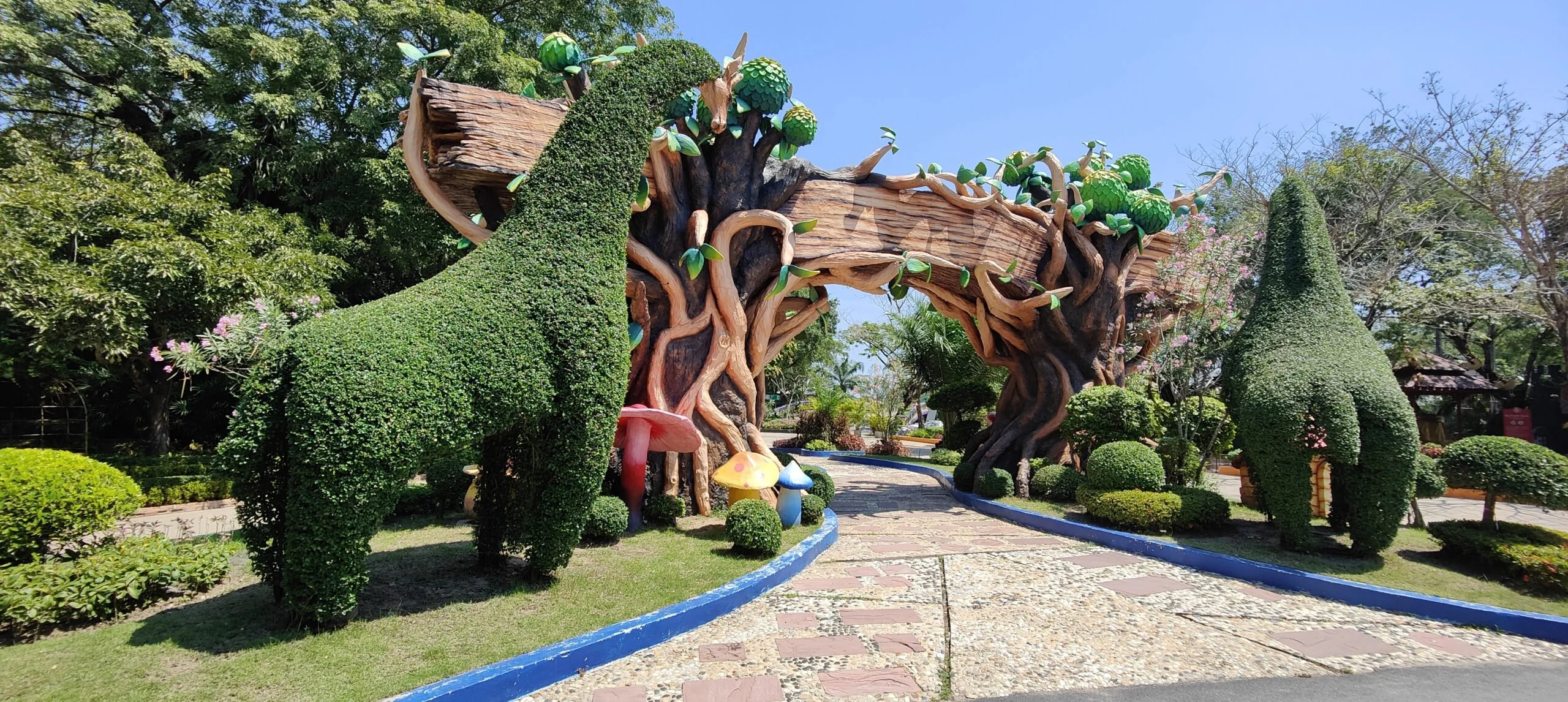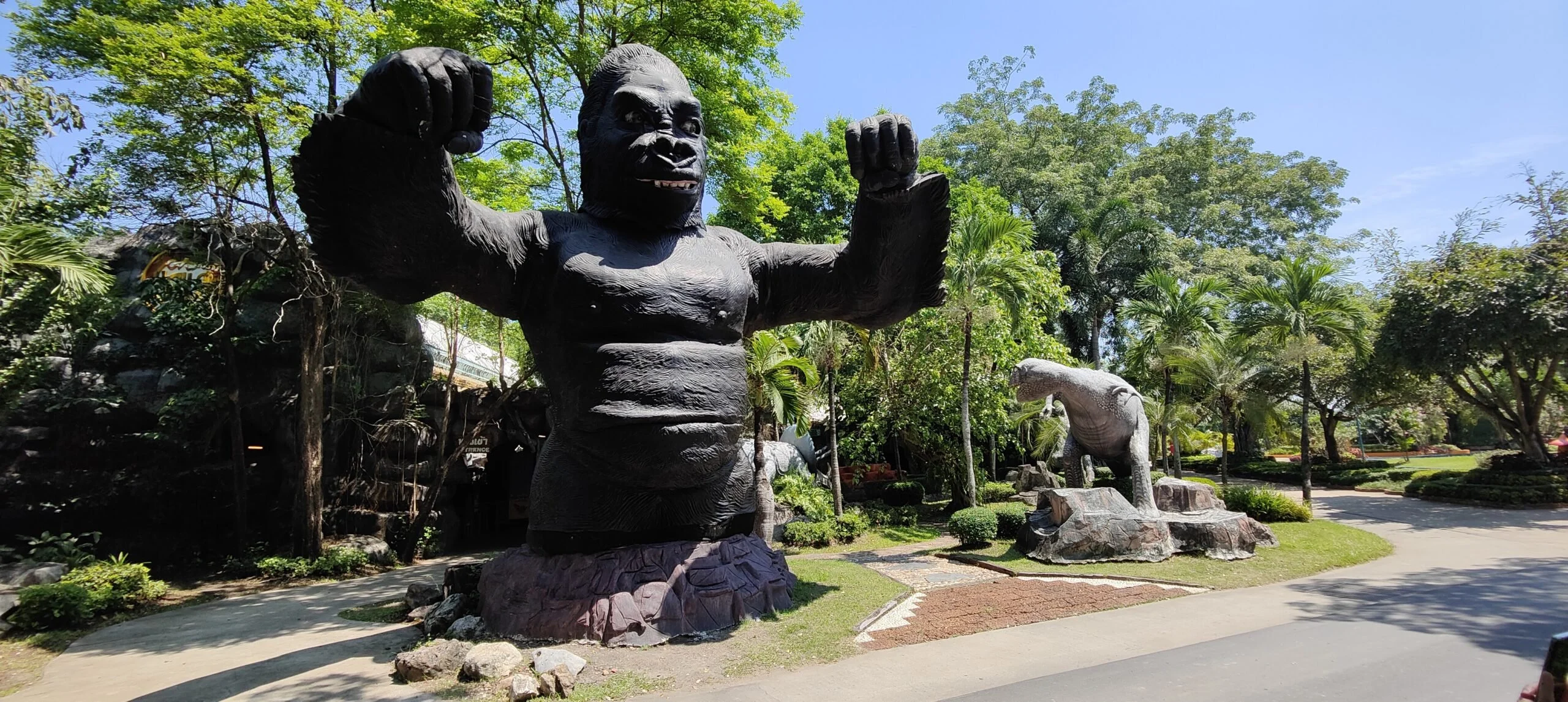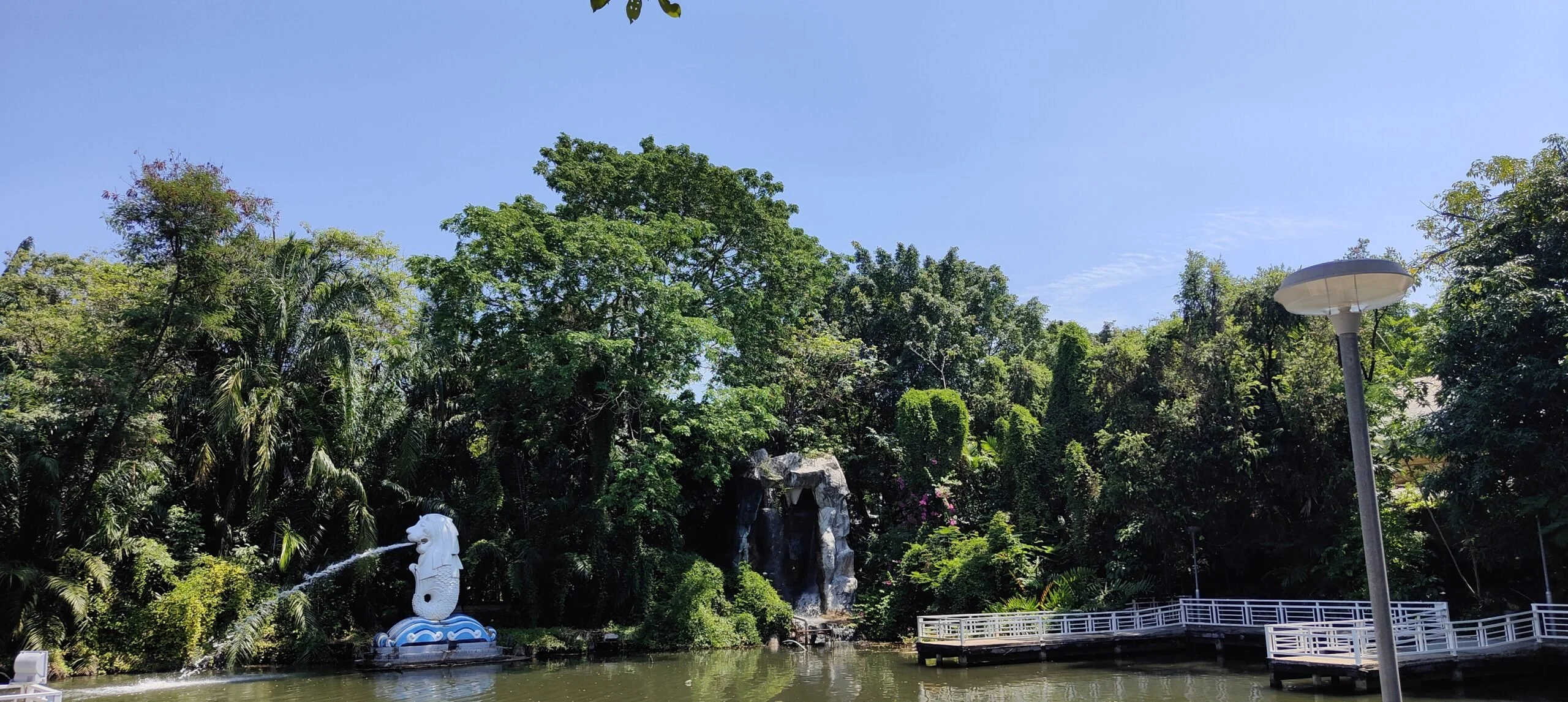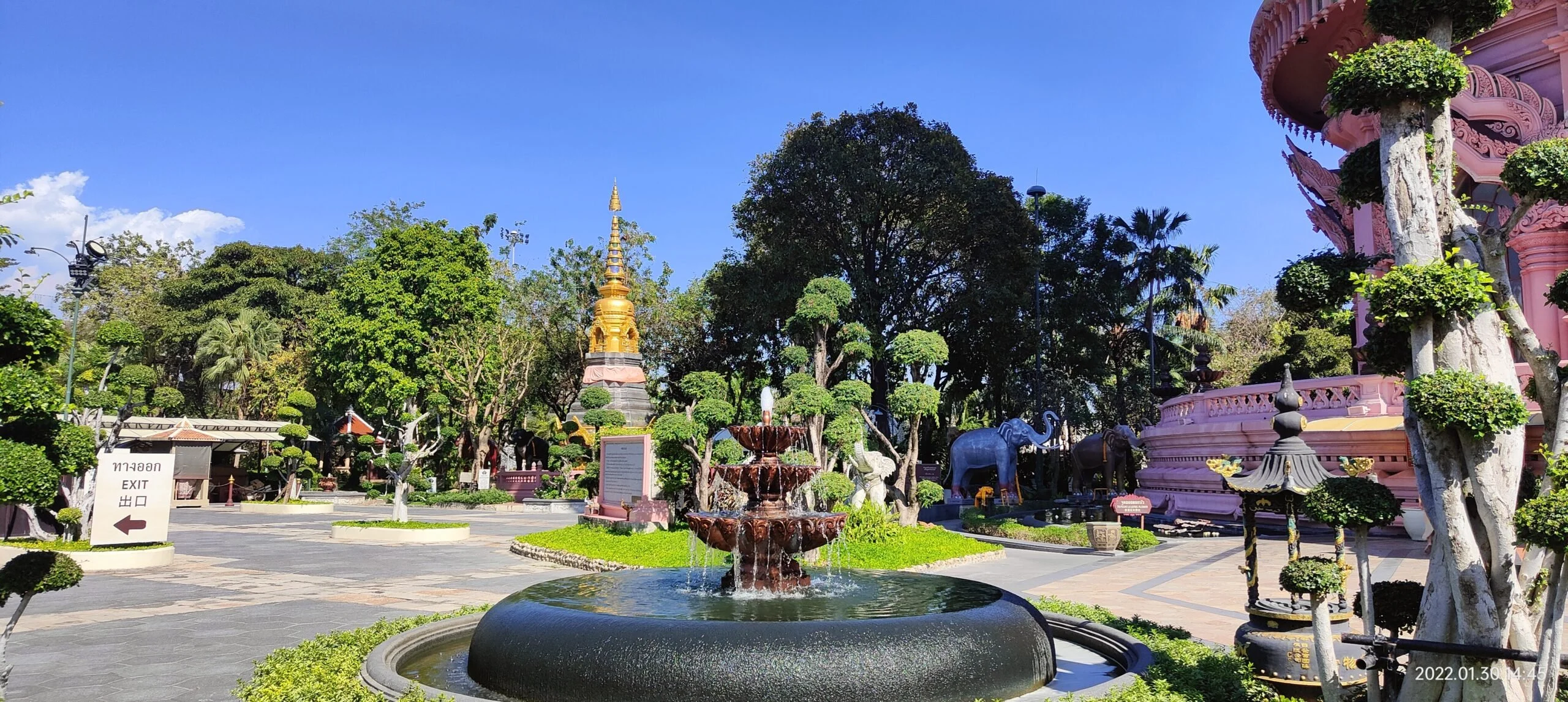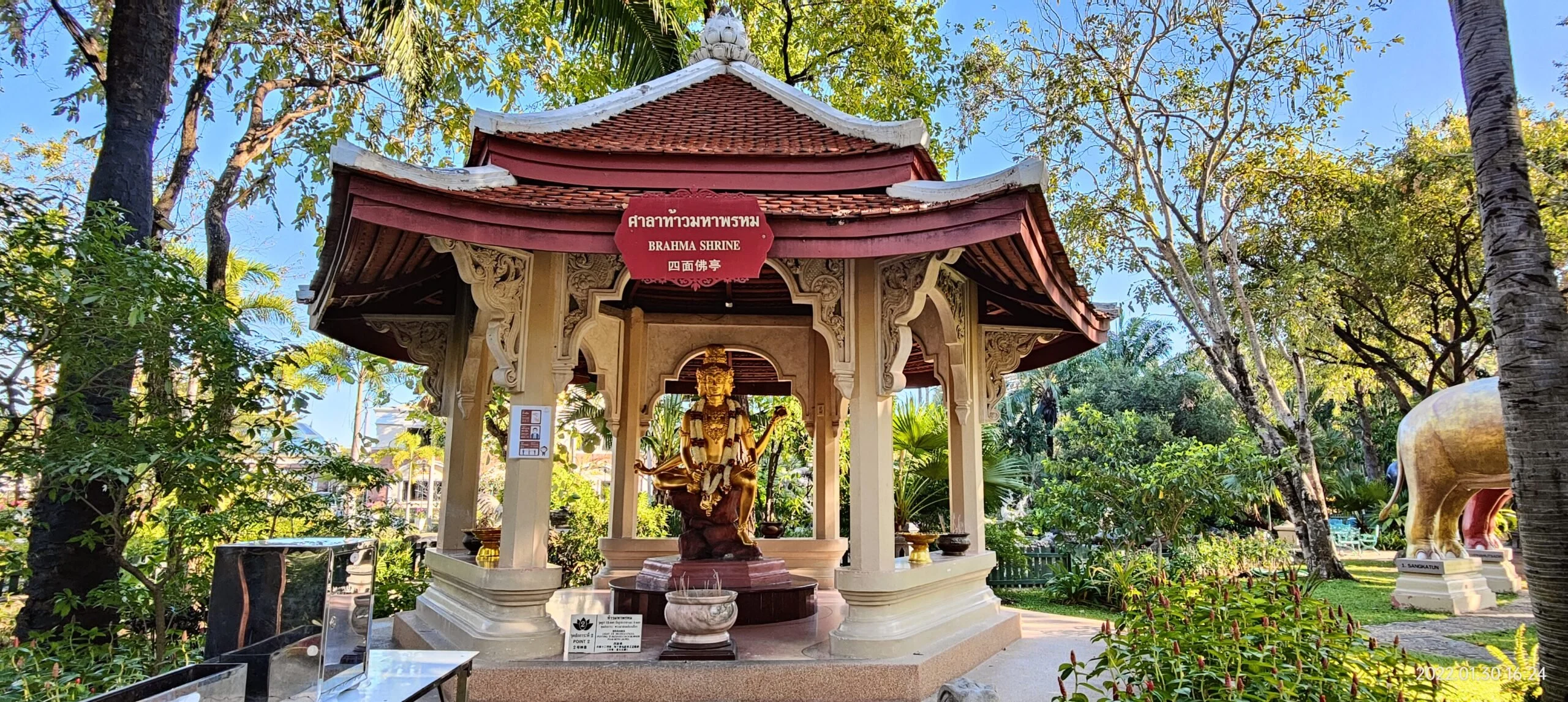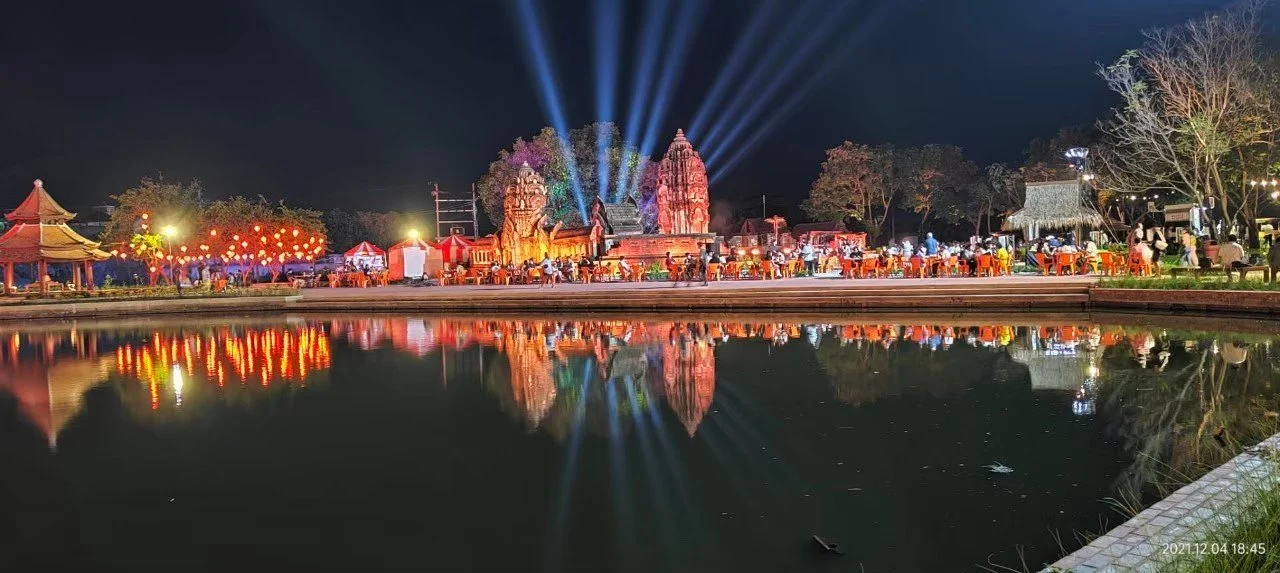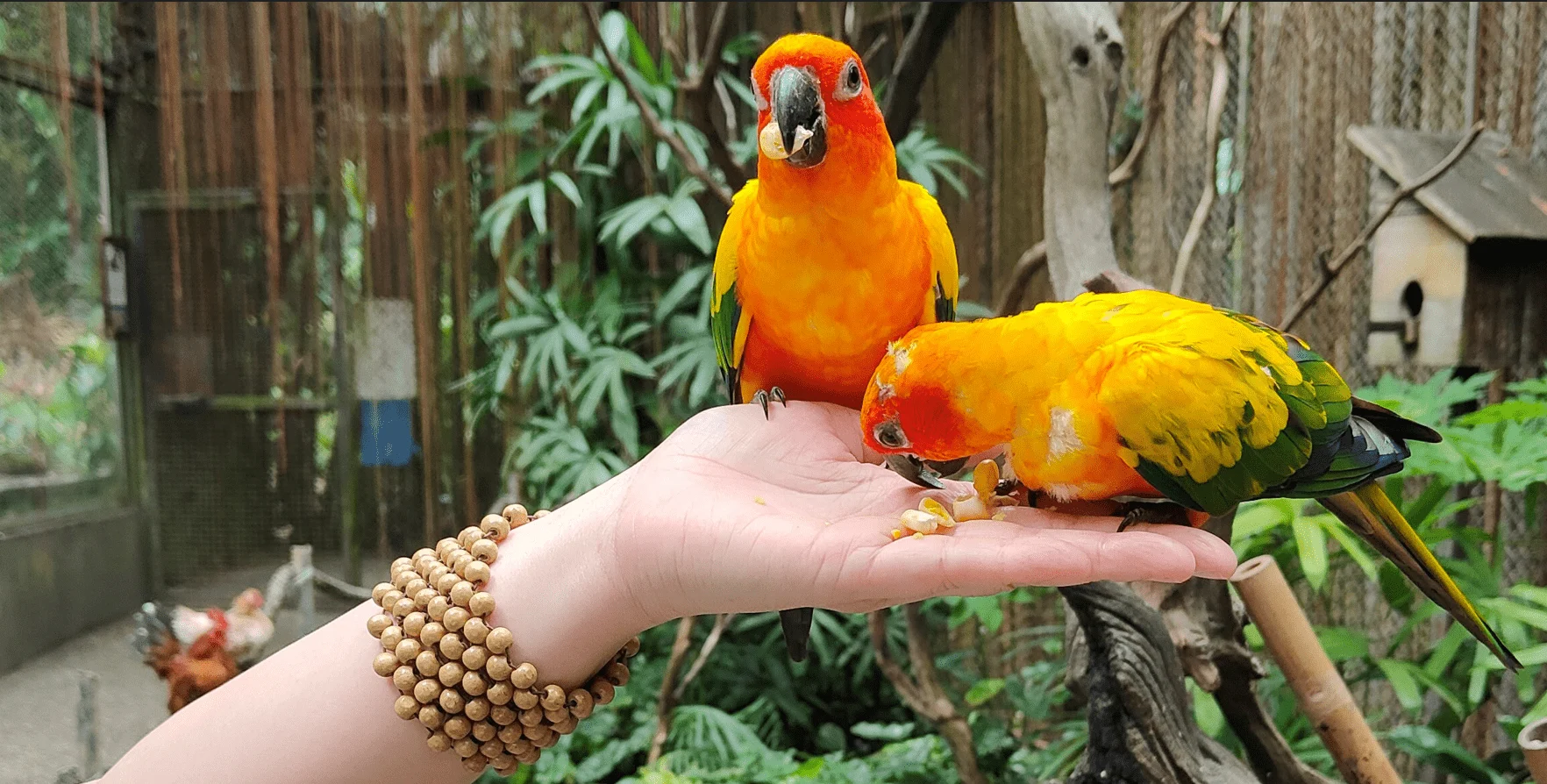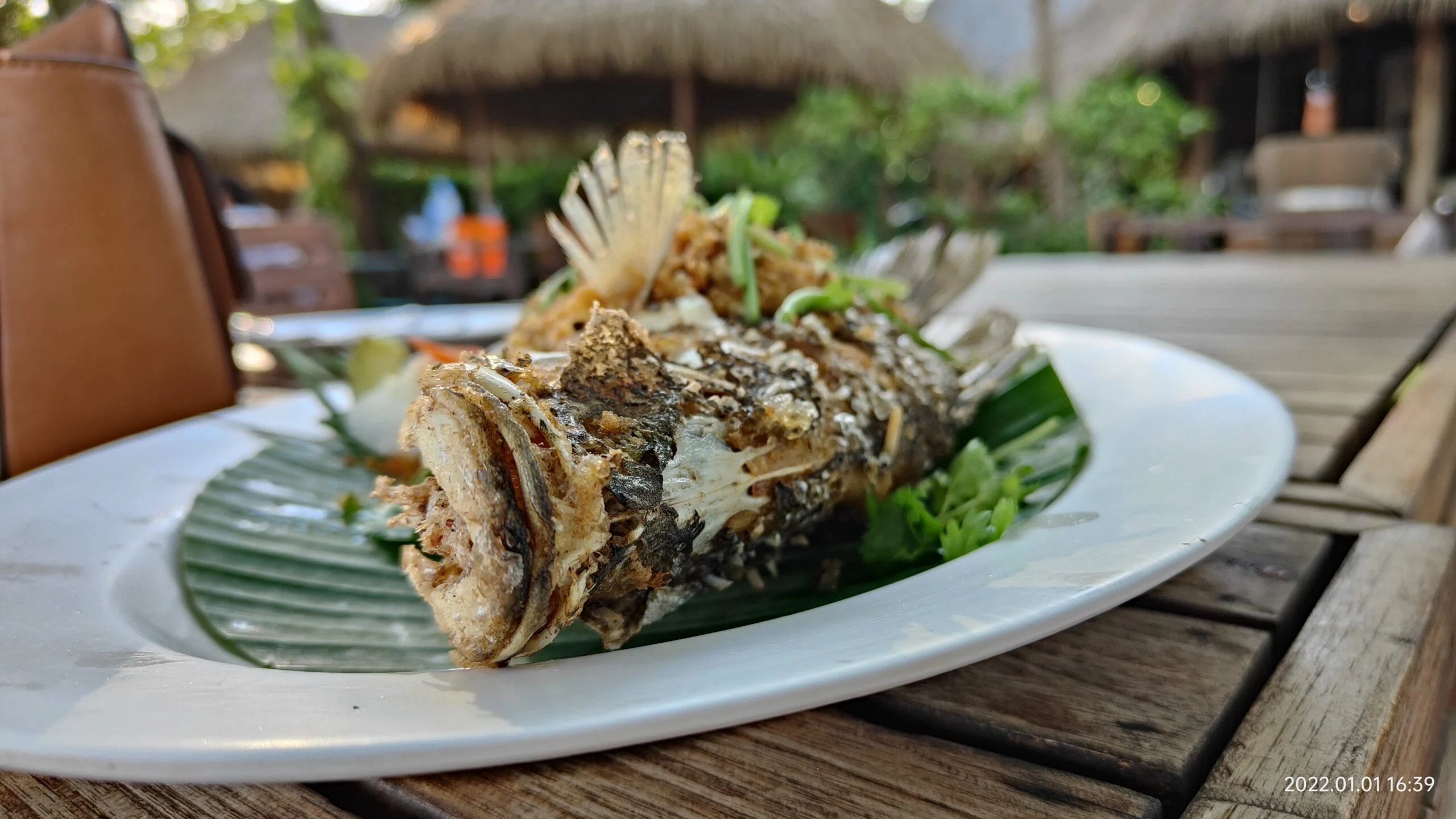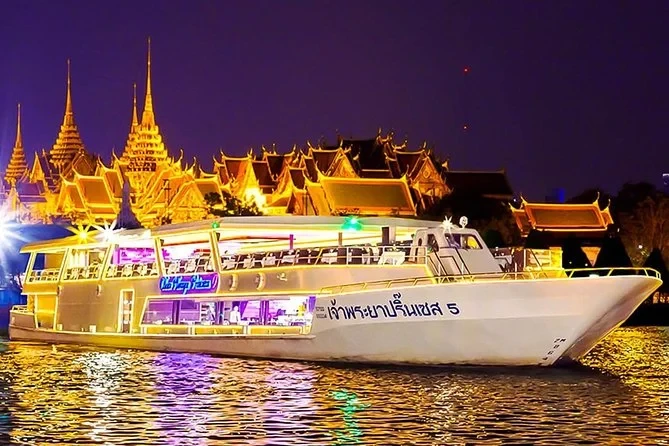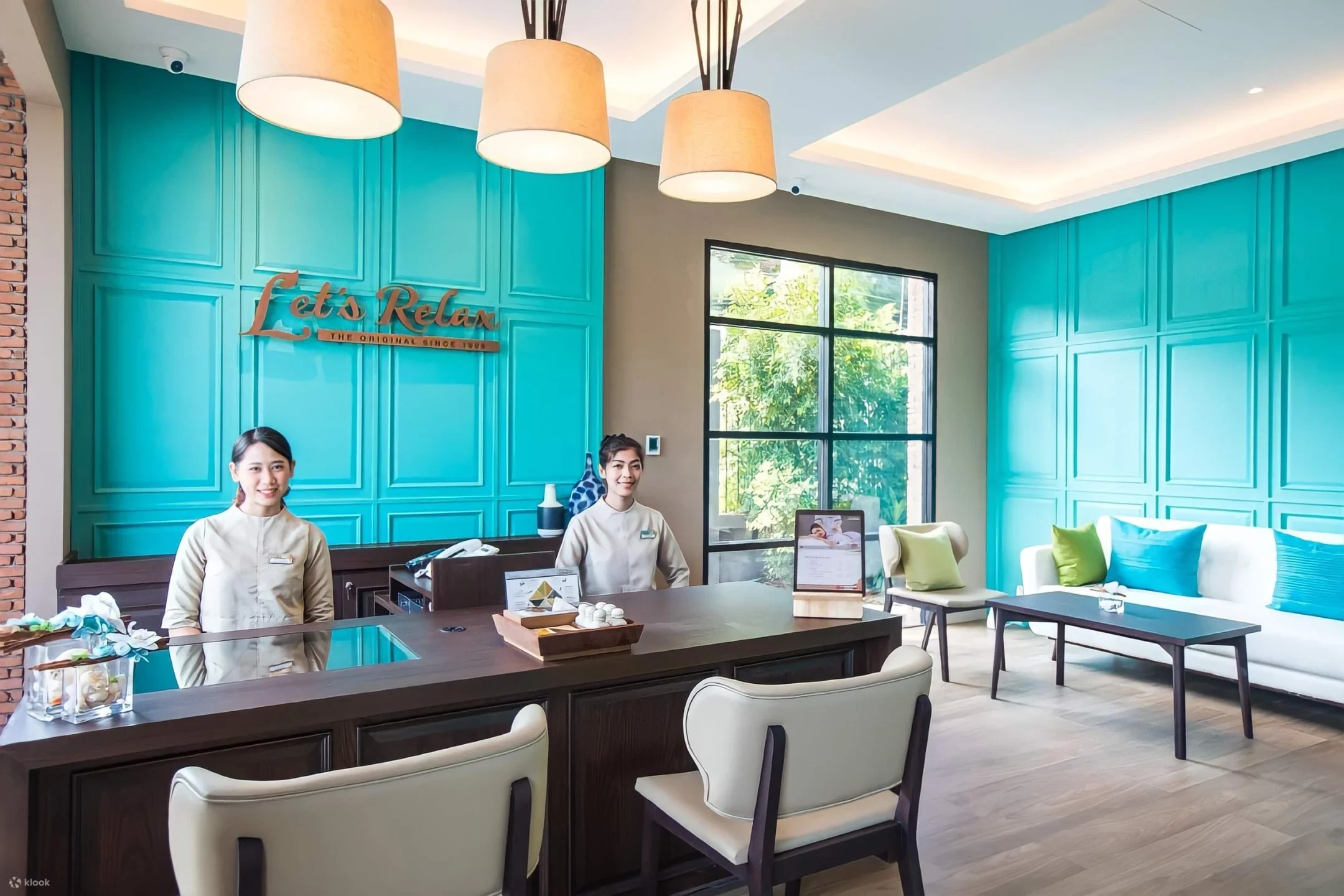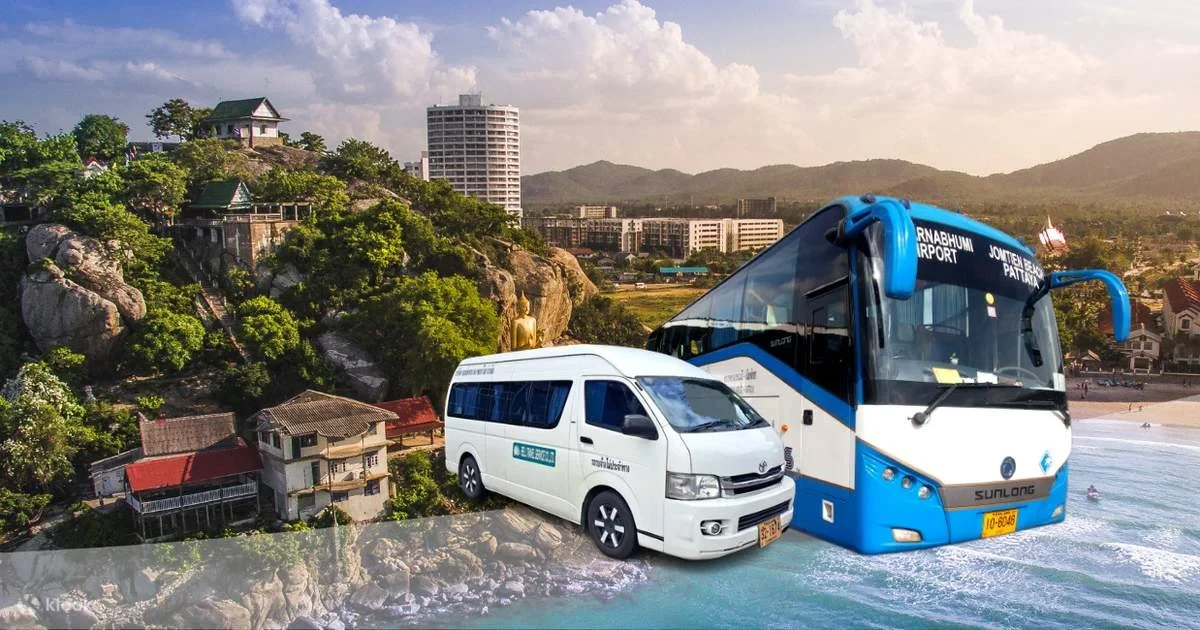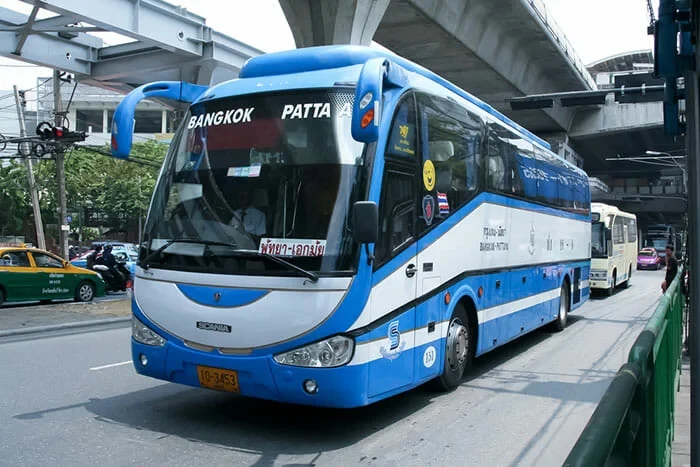Confused about which Thai visa to apply for? Discover all major visa types for Thailand in this easy-to-understand guide—including tourist, business, SMART, and retirement visas. Thailand is one of the most popular destinations in Southeast Asia—welcoming millions of tourists, digital nomads, retirees, and business professionals every year. To legally enter and stay in the Kingdom, you need the appropriate Thai visa depending on your purpose of visit. This post breaks down the main types of Thai visas available and who they are meant for.
Let’s explore some well known visa types in Thailand below
Tourist Visa (TR)
Purpose: For sightseeing, holidays, or visiting friends/family Validity: Single or multiple entry Stay Duration: Up to 60 days per entry (extendable by 30 days) Ideal For: Short-term tourists
You can apply from a Thai consulate or use the Thai eVisa system (explained below) in select countries.
Visa Exemption (Visa-Free Entry)
Purpose: Tourism Stay Duration: 30 days (45 days during promotional periods) Eligibility: Nationals of 60+ countries (e.g., USA, UK, Japan, Singapore)
You can enter Thailand without a visa and extend once by 30 days at a local immigration office.
Visa on Arrival (VOA)
Purpose: Tourism Stay Duration: 15 days (non-extendable) Eligibility: Citizens of specific 18 countries including India and China
Documents like confirmed hotel bookings and return flight are required.
Non-Immigrant Visas (Category “Non”)
- These are issued for long-term purposes such as work, education, or family reunification.
- Non-Immigrant B Visa (Business & Employment) For foreigners employed or starting a business in Thailand Validity: 90 days initially, extendable to 1 year Work Permit: Required after visa approval
- Non-Immigrant O Visa (Other Purposes) Spouse or child of a Thai national, Retirement (if under certain age but not yet eligible for O-A), Volunteering
- Non-Immigrant ED Visa (Education) For students attending school or courses (Thai language, university) Stay: 90 days initially, extendable
Retirement Visa (O-A and O-X)
For: Retirees aged 50+
- O-A Visa Valid for 1 year (renewable), Medical insurance required, Income or savings of 800,000 THB+
- O-X Visa Valid for 5 years (extendable up to 10), For 14 specific nationalities (USA, Japan, Australia, etc.), Requires higher income/savings and health insurance
Thailand Elite Visa
For: Affluent individuals wanting long-term, hassle-free stay Stay: 5 to 20 years depending on membership package Benefits: VIP services, fast-track immigration, exclusive lounges Cost: Starts at 600,000 THB
Ideal for digital nomads, investors, or frequent visitors.
SMART Visa
For: Highly skilled professionals, investors, and startup founders Targeted Industries: Tech, robotics, biotech, etc. Stay: Up to 4 years Benefit: No need for a work permit. Aimed at attracting foreign talent to help develop Thailand’s economy.
Transit Visa
Purpose: Passing through Thailand to another country Stay: Up to 30 days Not required if you remain in the airport’s transit area for connecting flights.
Marriage Visa (Non-Immigrant O – Spouse)
For: Foreign nationals married to Thai citizens Stay: 1 year, renewable Financial Requirement: 400,000 THB in bank or 40,000 THB/month income
Allows you to live in Thailand with your spouse and apply for a work permit.
Thailand eVisa System & TDAC (Thailand Digital Arrival Card)
- Thailand has introduced an eVisa system in many countries, allowing applicants to apply online and receive approval without visiting the embassy. The process is smooth and especially beneficial for tourists and business travelers.
- Additionally, the Thailand Digital Arrival Card (TDAC) is being rolled out to replace the paper arrival/departure card (TM6). It simplifies airport procedures and improves data management. Travelers can complete the TDAC online before arrival.
Choosing the right Thai visa depends on your purpose, nationality, and length of stay. Thailand offers flexible visa options for almost everyone—from backpackers to retirees and professionals. Always check the latest immigration rules before applying, as policies may change.
Pro Tip: Always keep copies of your documents and consult the Thai immigration office or embassy when in doubt.
Some other blog posts may provide additional information. Digital Nomads in Thailand, Doing business in Thailand


